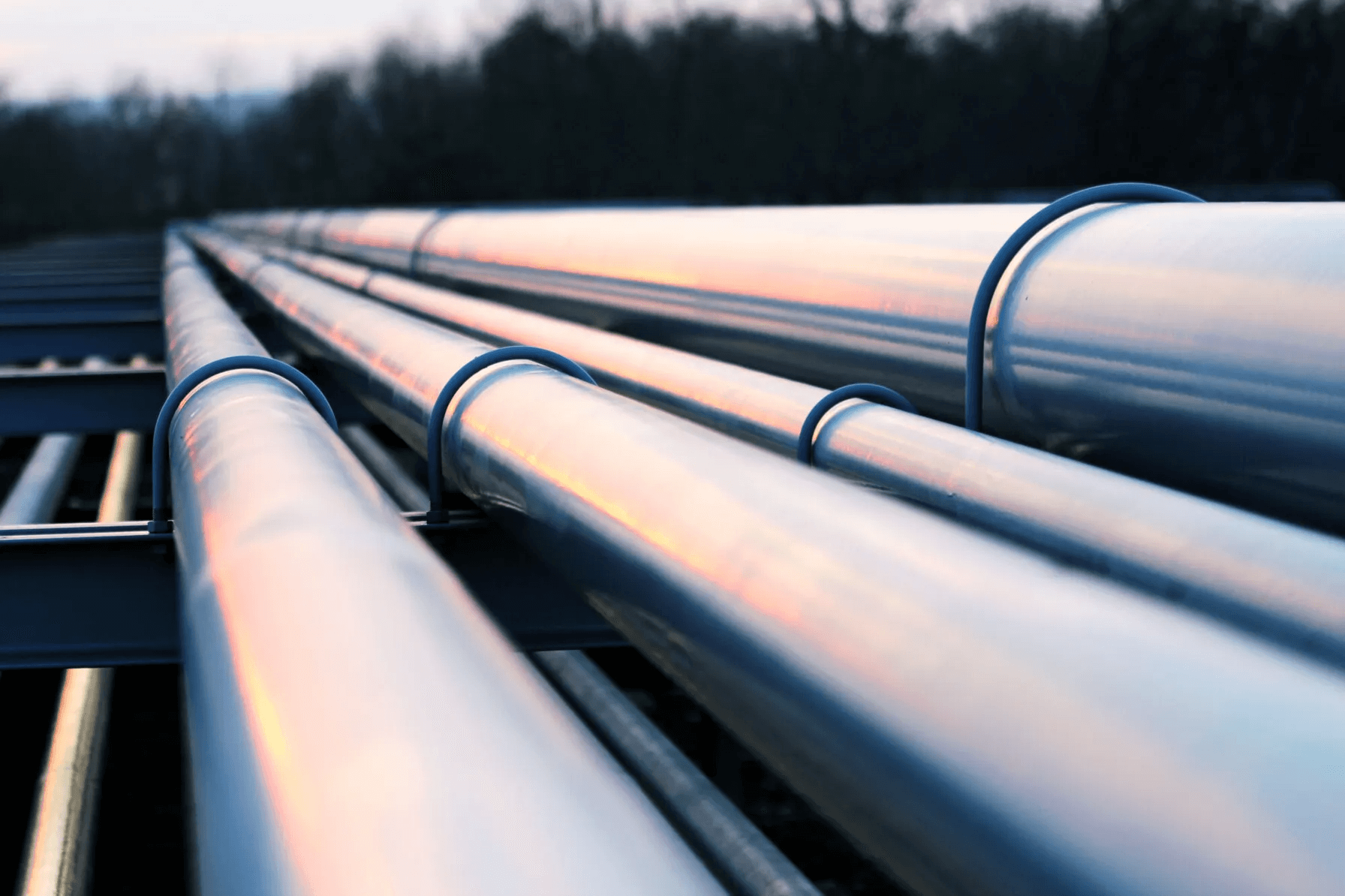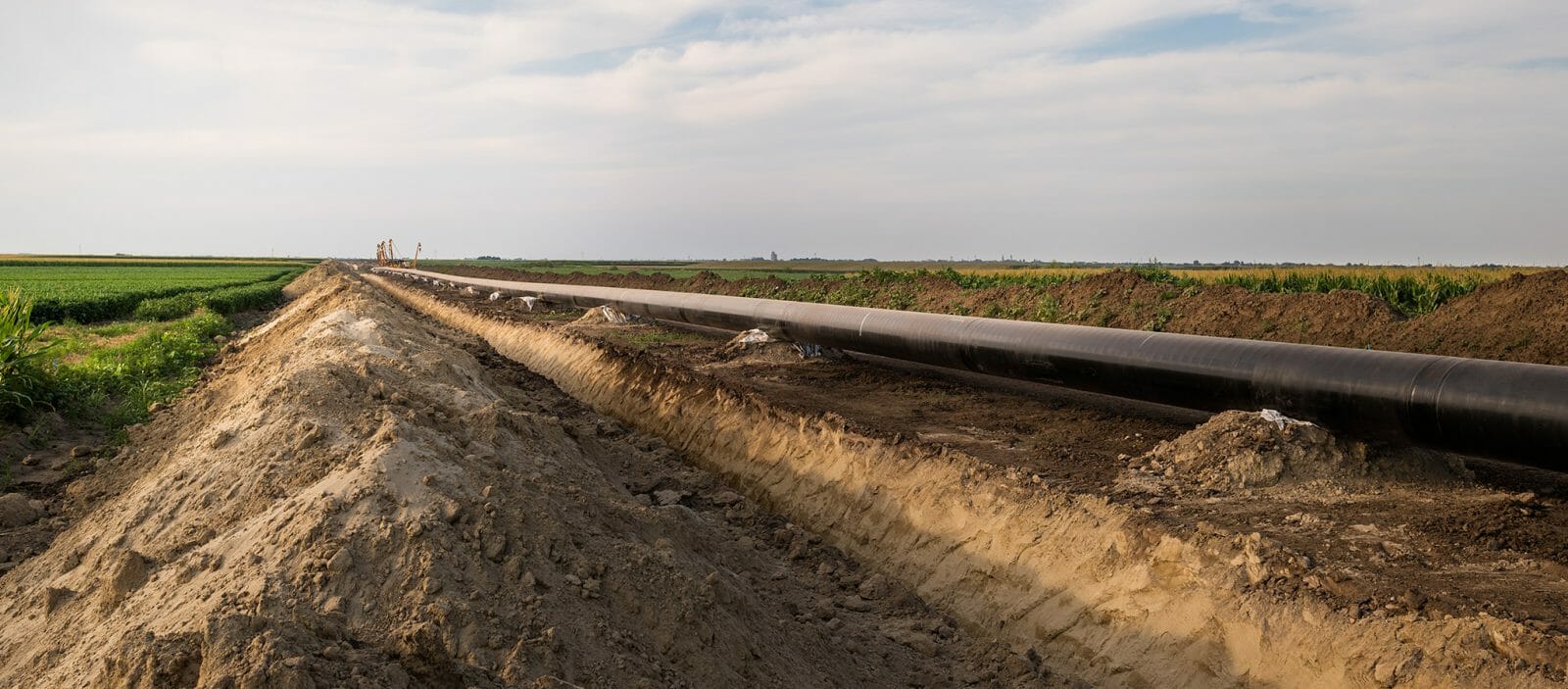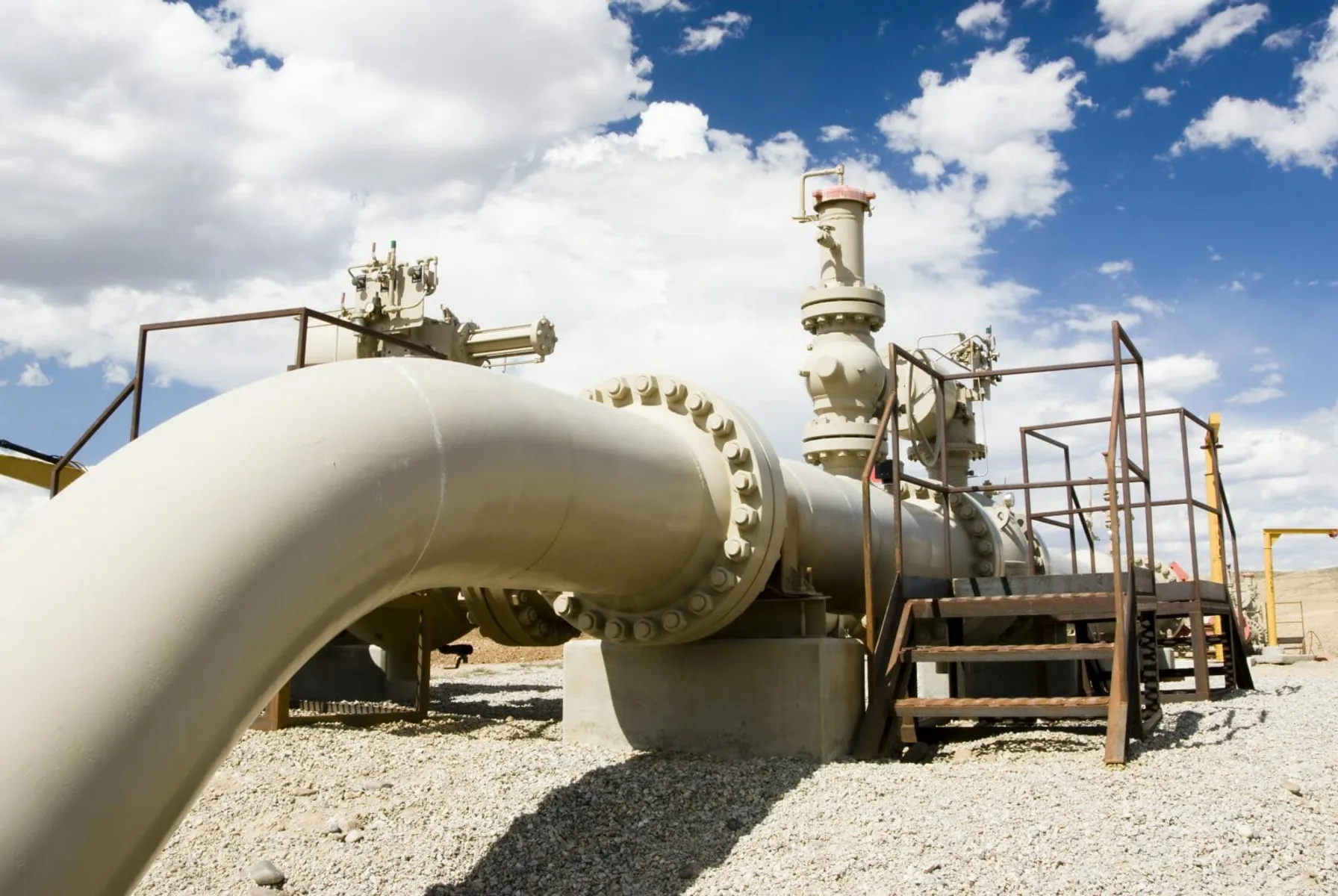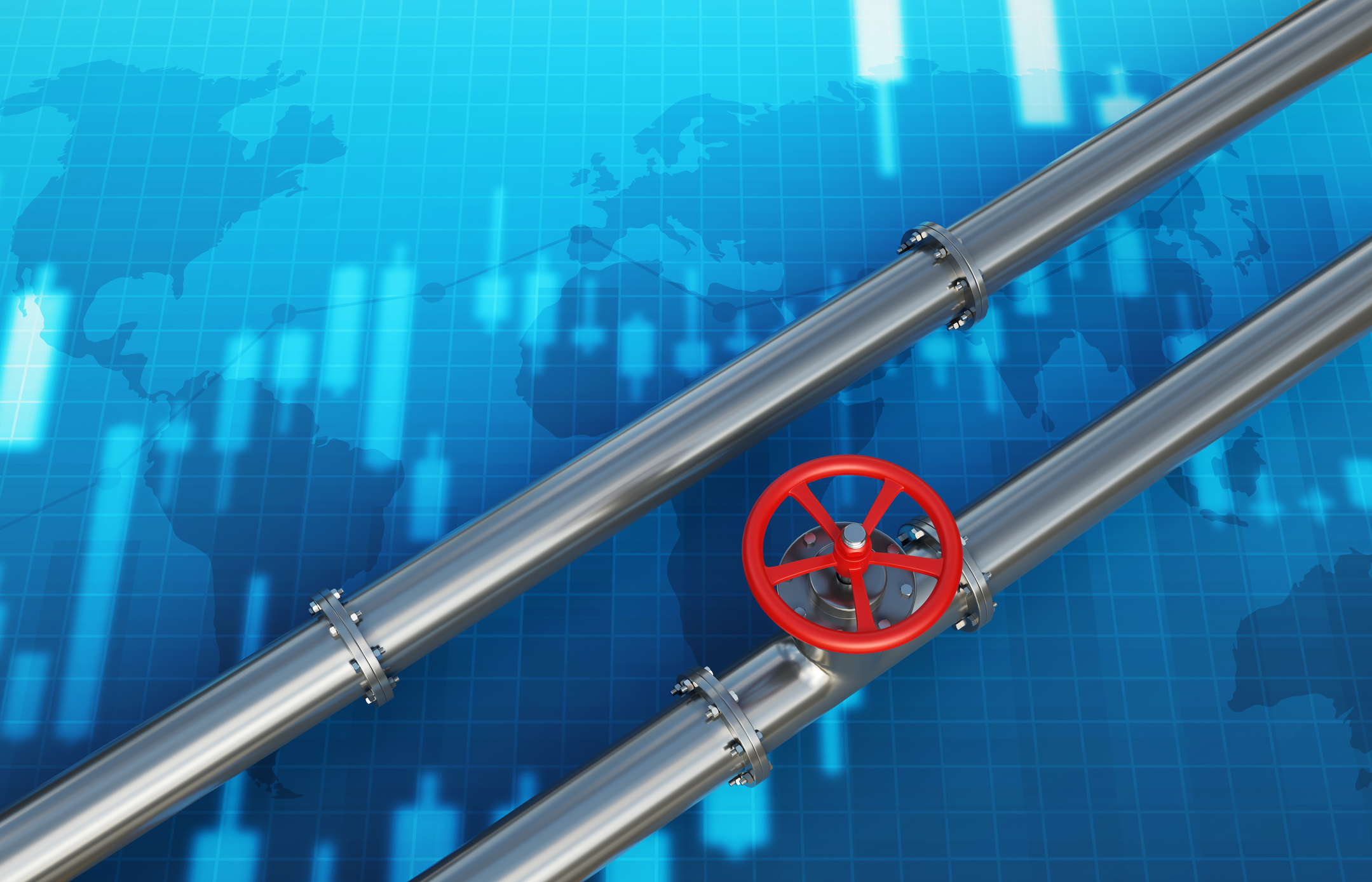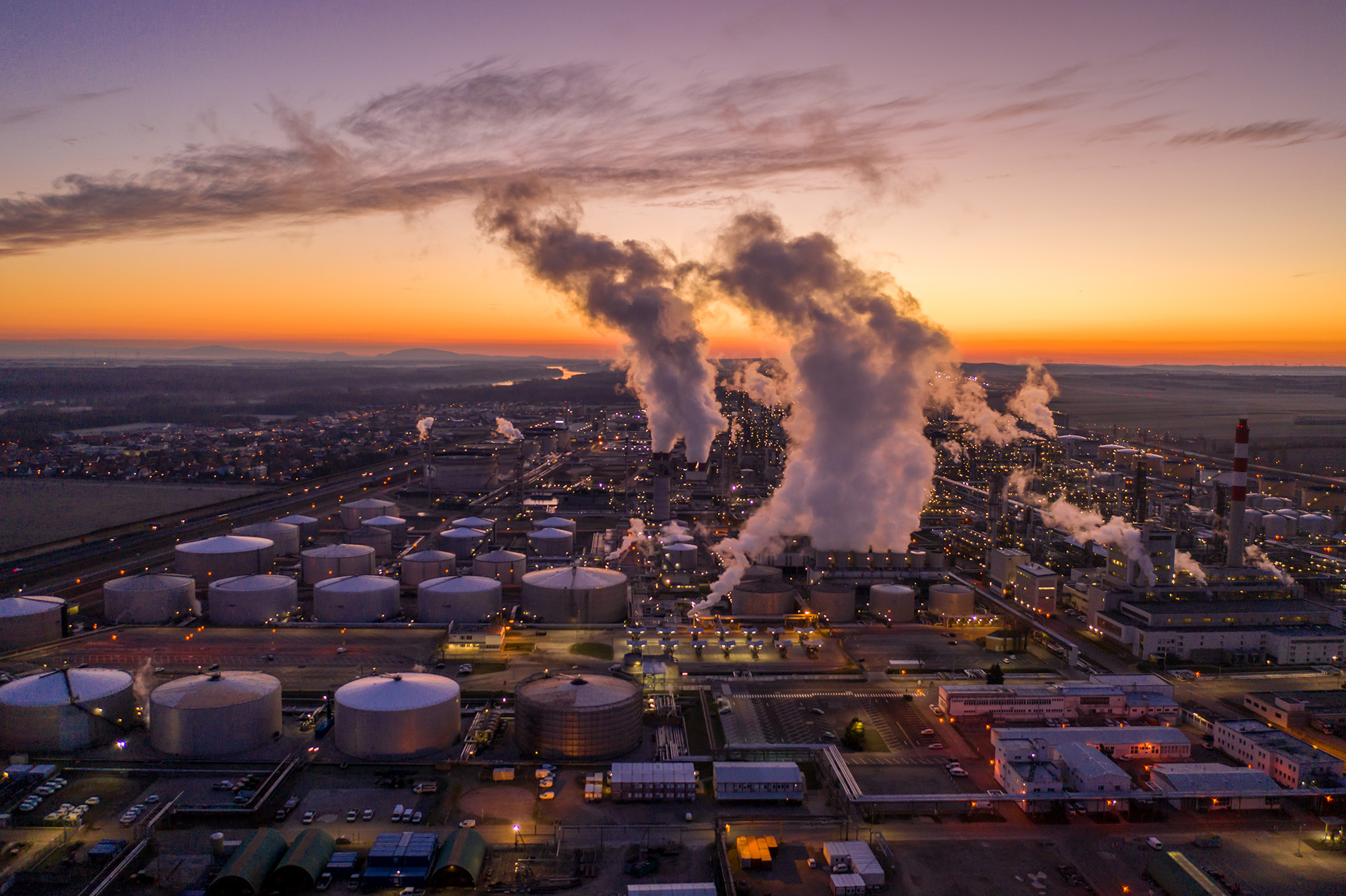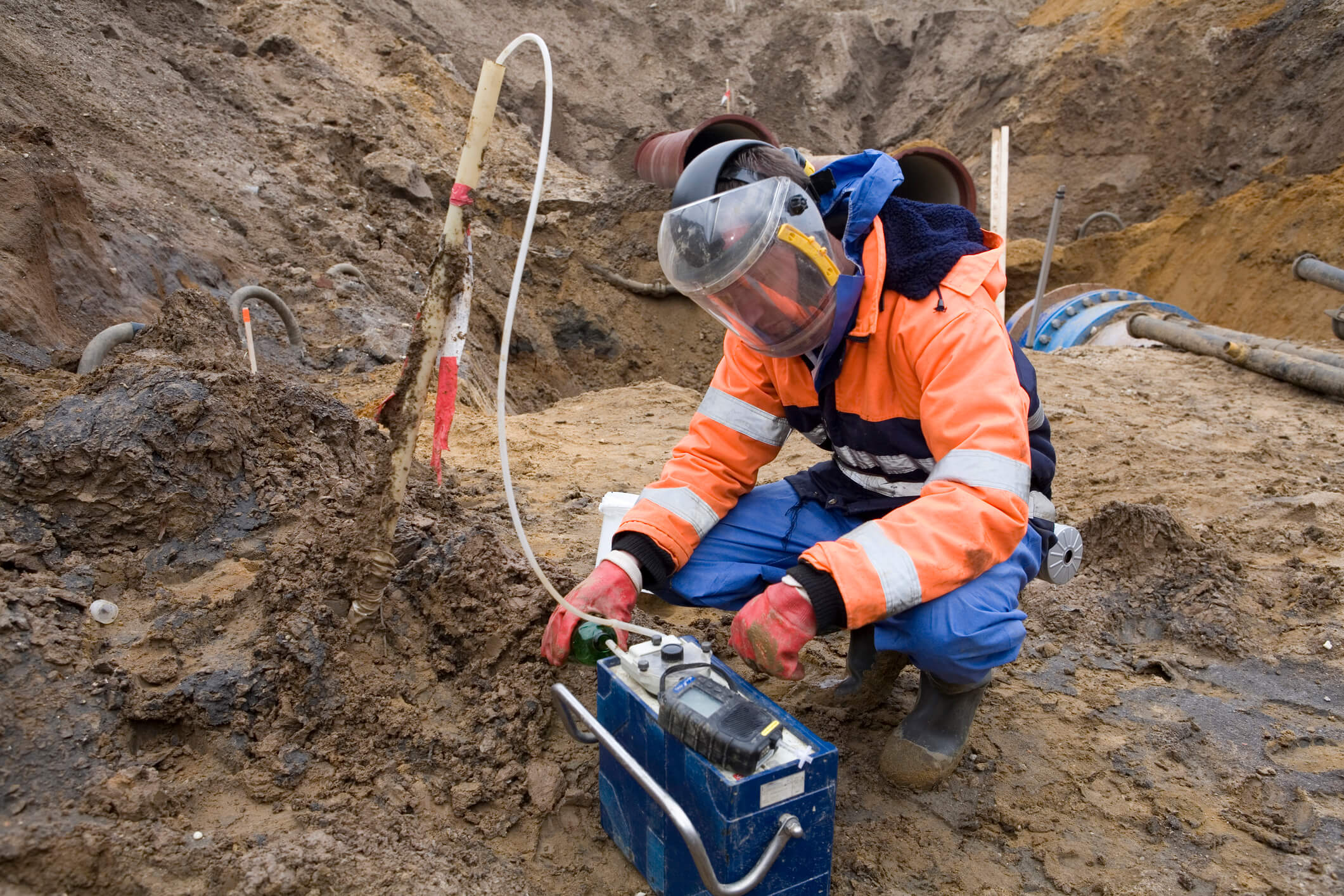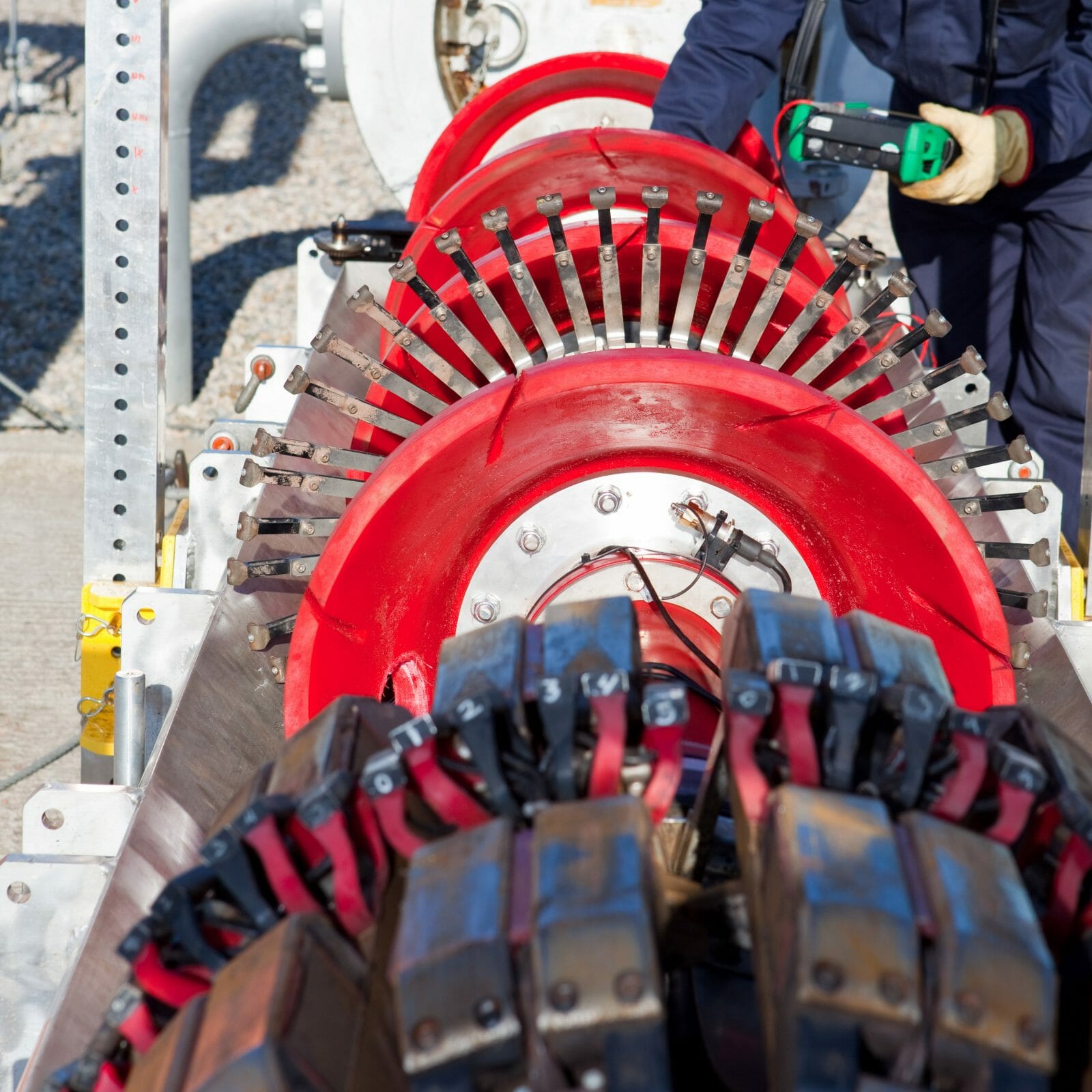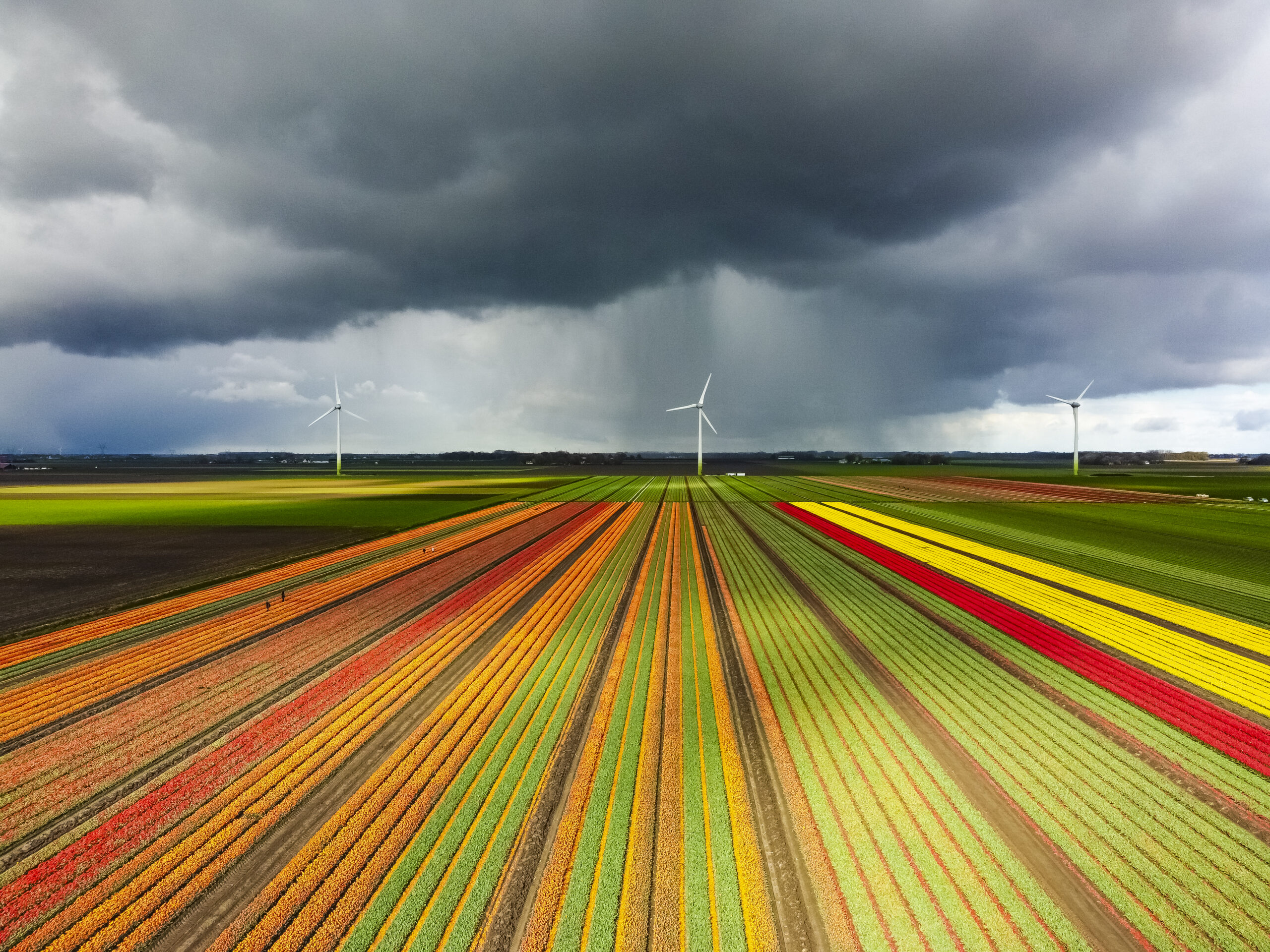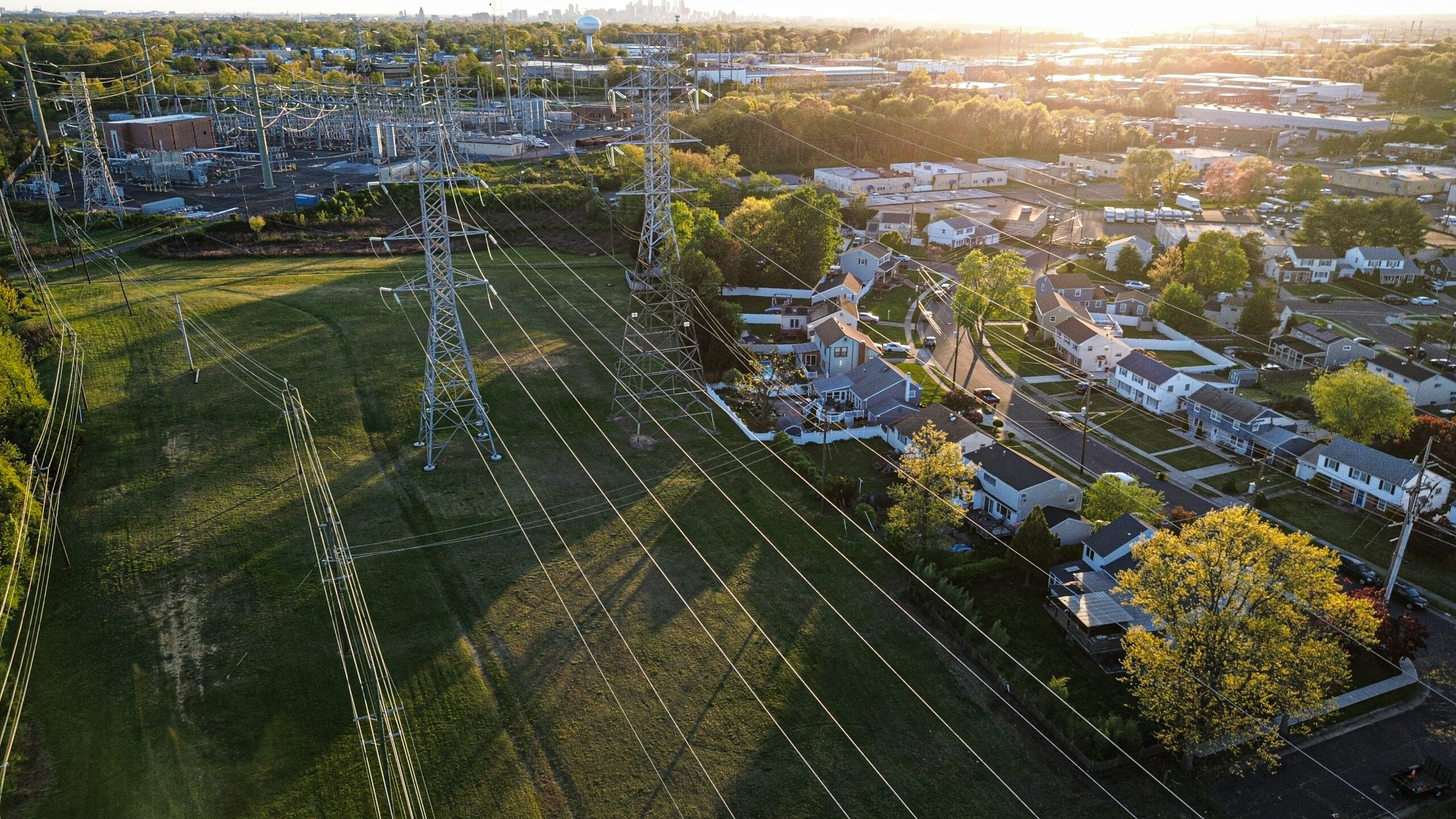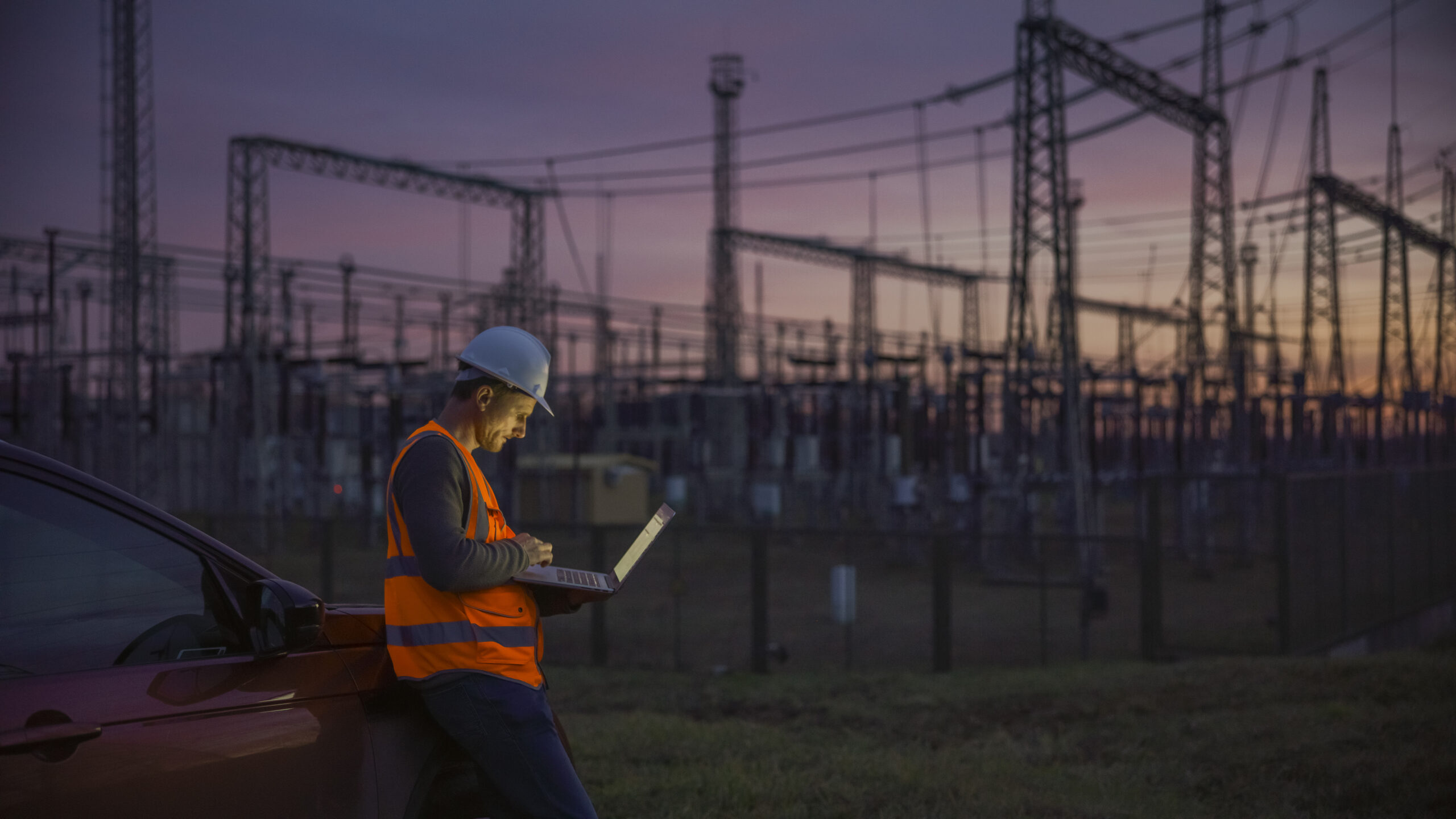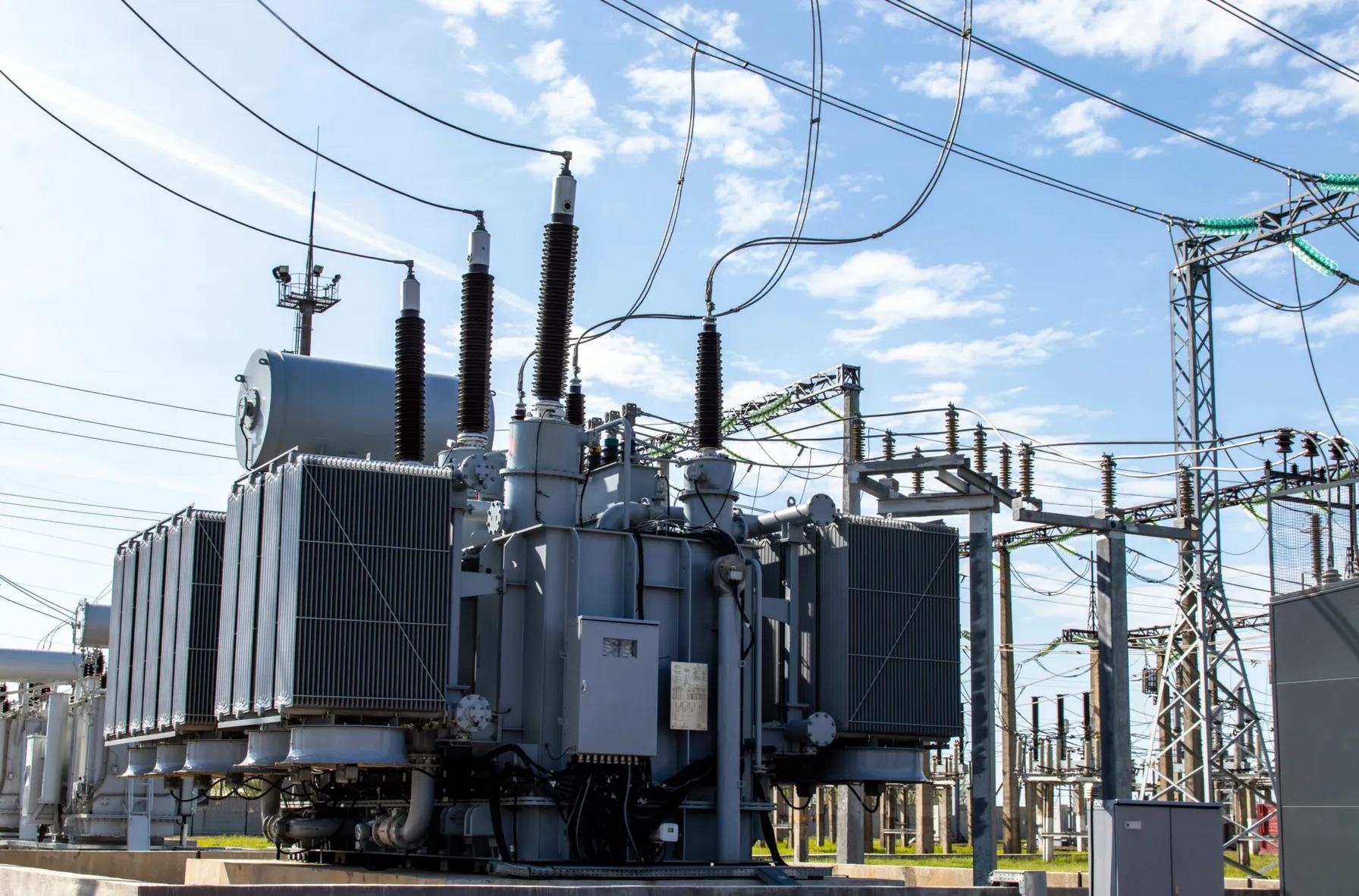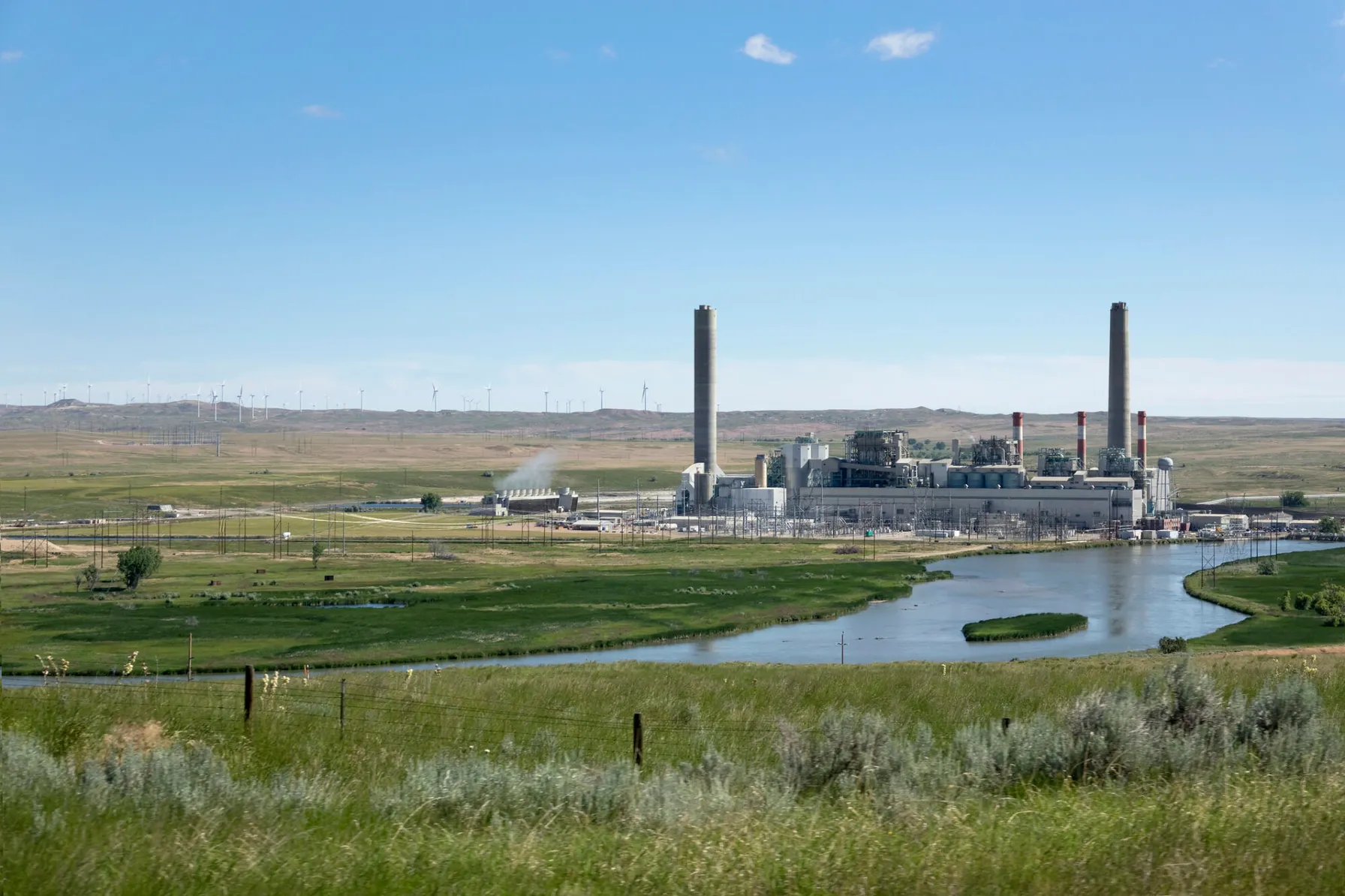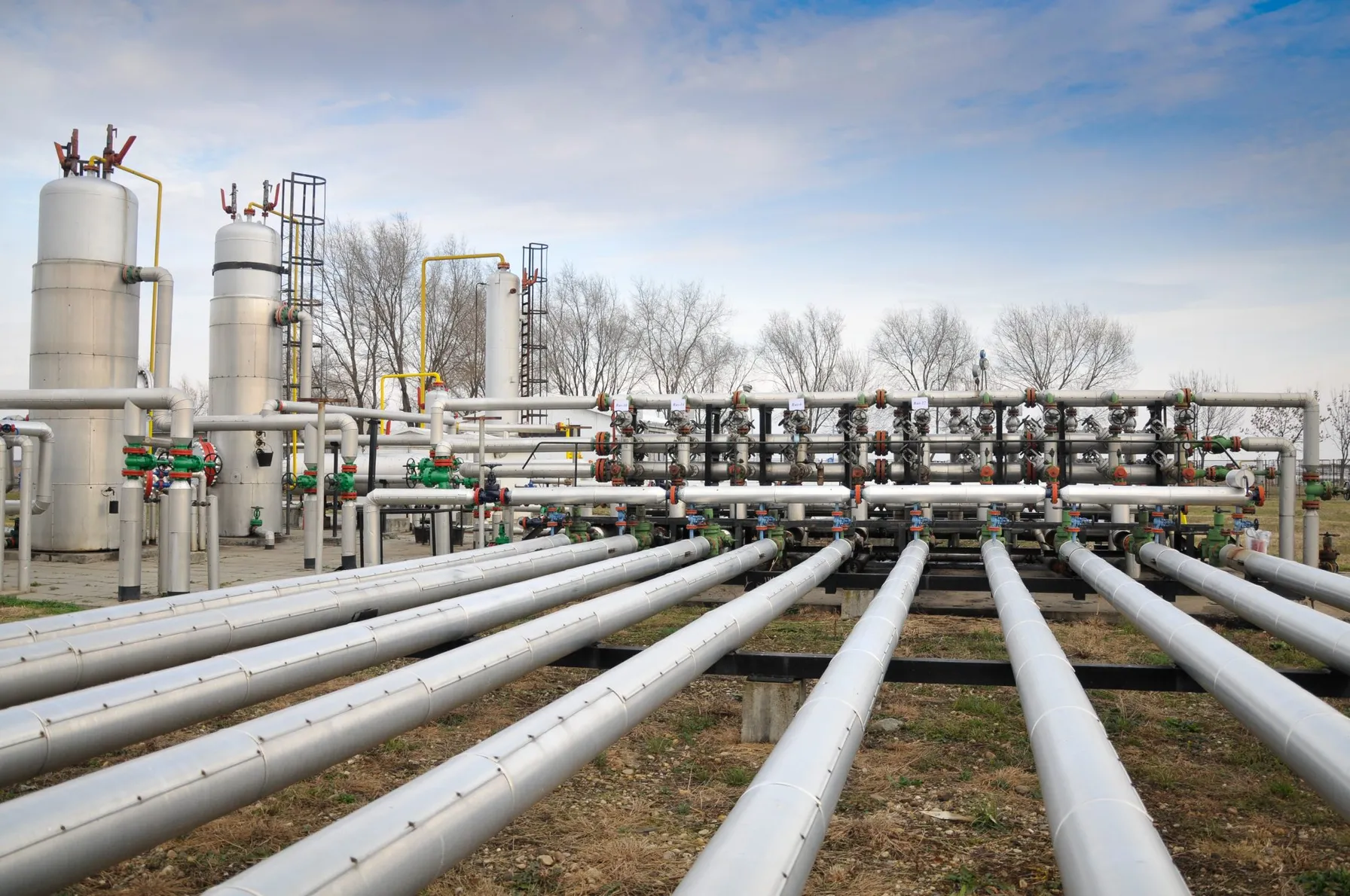United States
MAOP Engineering for Stations
Challenge
TRC was recently selected by a large multi-state gas utility company for a 5-year asset knowledge management program for over 1,000 stations across its entire system in response to a significant incident which identified a root cause of asset knowledge management. The client initiated a wholesale approach to improving 6 different asset classes by creating a digital twin because visibility to risk is vital for safety and helpful in making business decisions. That risk can’t be identified if there are gaps in asset data.

Solution
This project includes a significant data mining and quality control elements as multiple sources of data are needed to calculate maximum allowable operating pressure (MAOP) for stations which is somewhat new to the natural gas industry and not currently driven by regulation.
Our expertise in integrity engineering, GIS, as-builting and CAD along with digital workflows and process knowledge assisted in creating a single version of the truth. TRC specializes in complicated MAOP calculations specific to stations. We are experts in defining document hierarchy, building decision trees, quality ranking documents for Traceable, Verifiable and Complete (TVC) requirements, material specifications, testing records and identifying gaps.
Results
TVC information, MAOP calculations and detailed drawings on each station are loaded into the GIS (PODS) system of record and maintained managing each station component as a “route”. This streamlines updates in GIS real-time rather than updating spreadsheets to keep the station TVC up to date and transparent. As changes are made to a station, it is as-built in the GIS just like pipeline replacements or re-routes.
Due to the technology TRC employs, including GPS coordinate capturing at all sites, this client is able to immediately visualize and use asset data in system safety, risk modeling, project prioritization, security analysis and rate case preparation.
TRC supports gas systems with efficiencies by understanding that they are constantly changing, upgraded and replaced. Our team is able to create a complete asset digital twin for future operational management in the client’s GIS system of record which results in high-quality, up-to-date, reliable and clean data for the safe and reliable operation of their systems.
With TRC’s help the client can now focus on optimization of their infrastructure which is paramount due to the need for affordable energy and the public’s focus on incidents.
Related Projects
Discover the success we’ve had with helping our clients execute major projects and make a meaningful impact on their local communities.
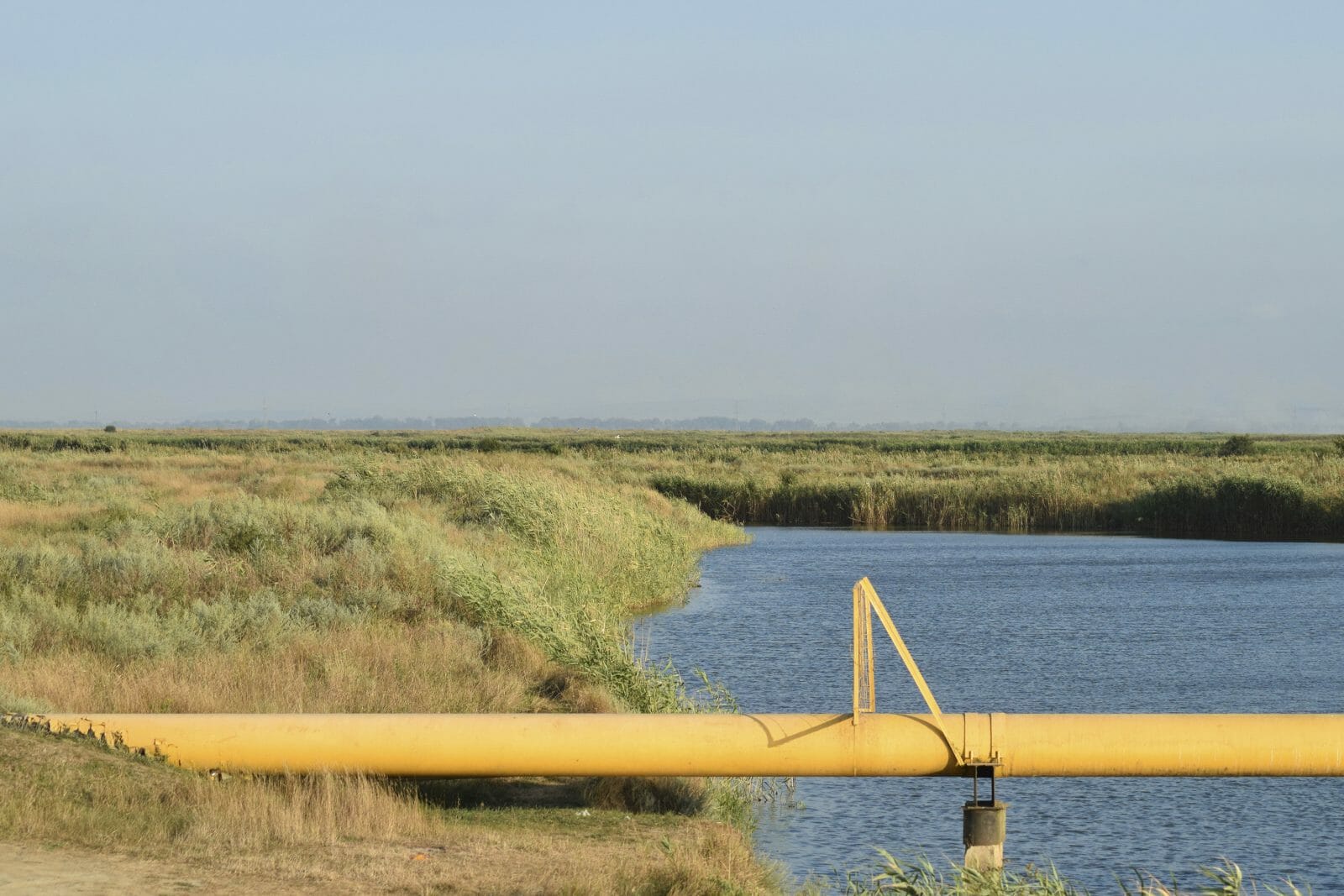
Large-Scale Asset Knowledge Gathering
TRC delivered design, procurement, and construction services for 38 miles of transmission lines, two substation expansions, and equipment upgrades at …
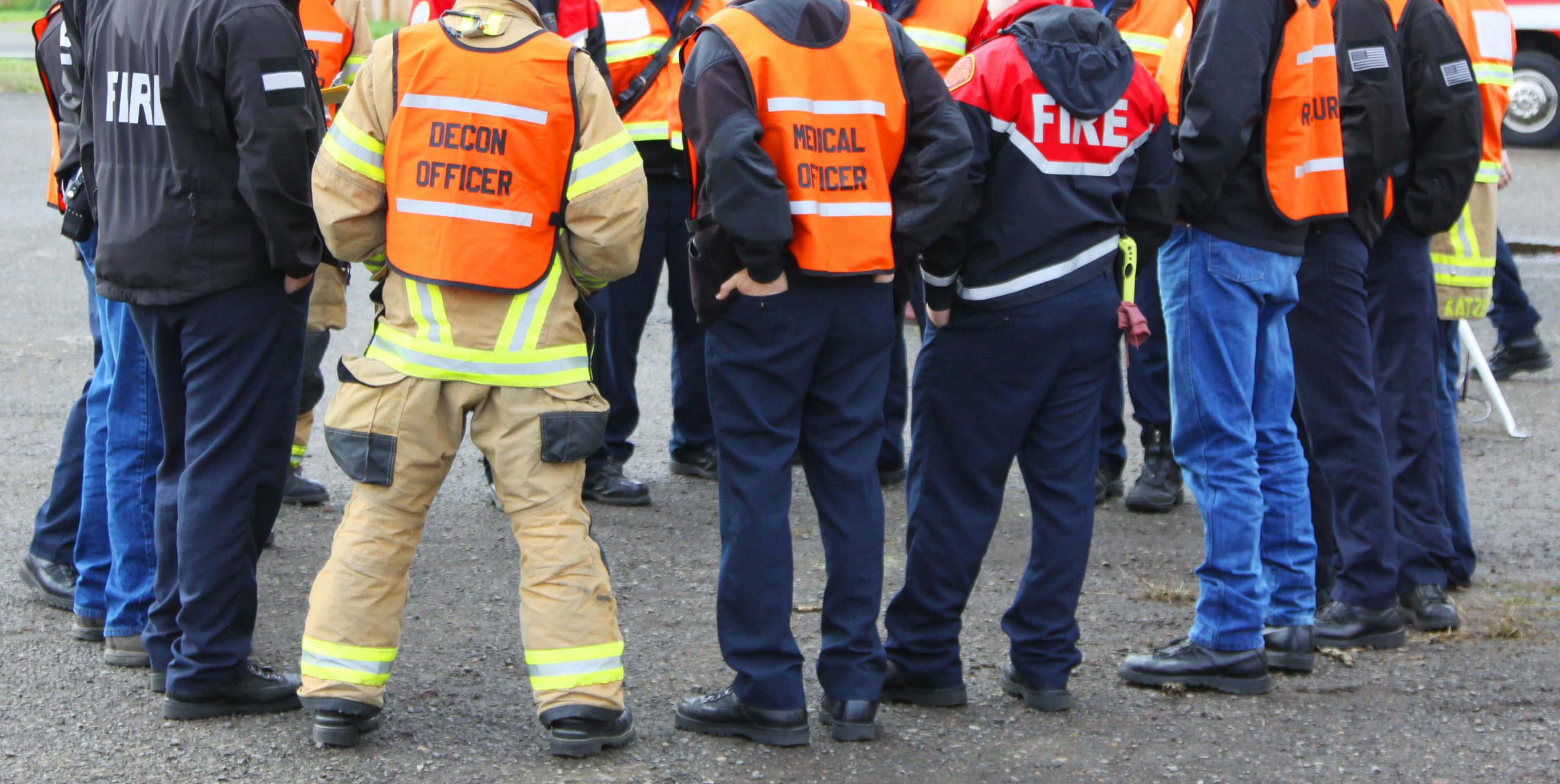
Emergency Preparedness – Gas Utility ERPs and FEMA ICS Integration
Ensuring Consistent Response to Unplanned System Events

Rapid Response to Unplanned System Disruption Event
Technical Oversight and Support to Quickly and Safely Restore Service

Designing, Building and Deploying Esri UN for a Midstream Service Provider
An electric utility selected TRC to support for their design and planning of a horizontal drilling project.
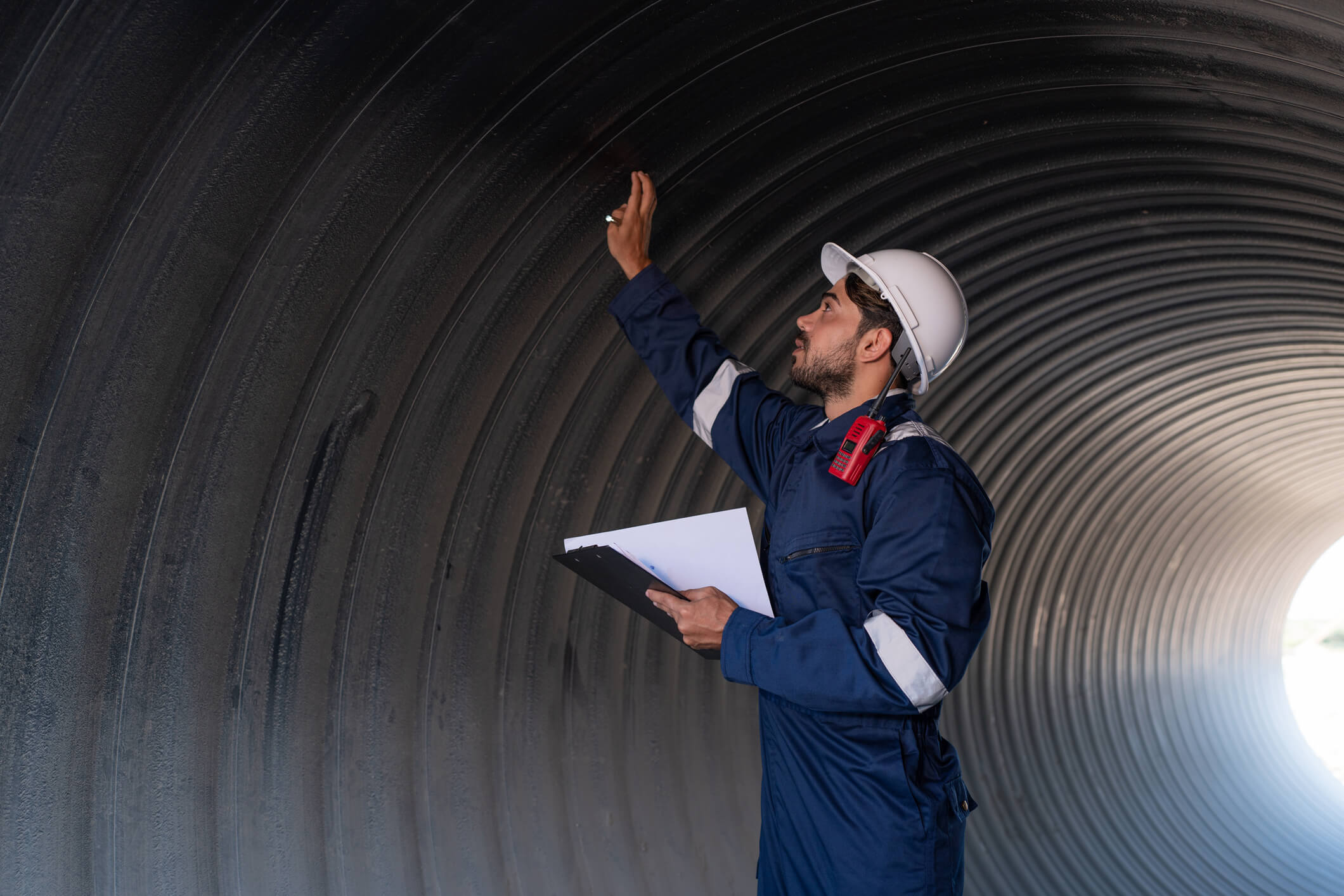
Small Pipeline Operator Integrity Management Planning
TRC delivered design, procurement, and construction services for 38 miles of transmission lines, two substation expansions, and equipment upgrades at …
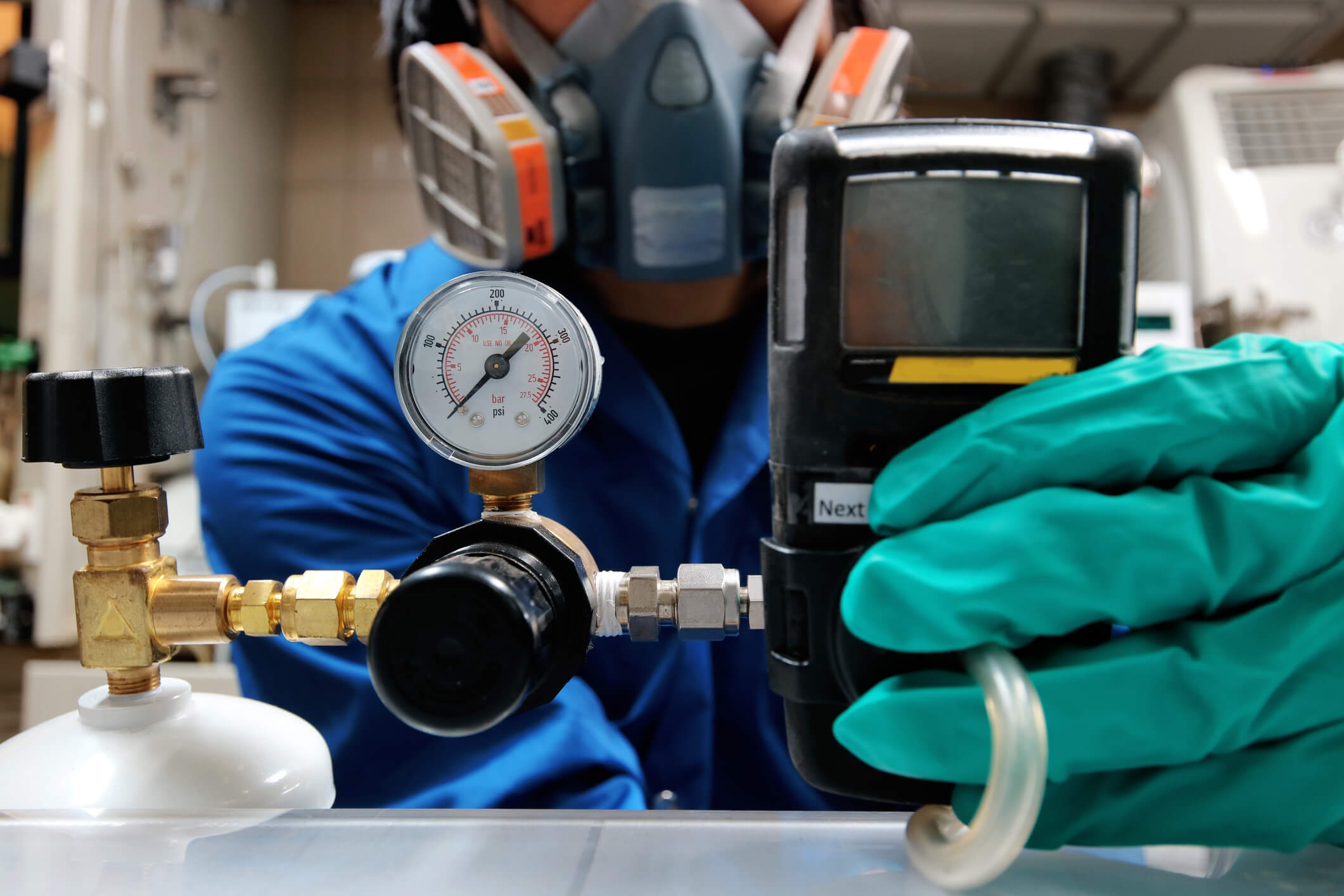
Mapping the Gas Mega Rule
TRC delivered design, procurement, and construction services for 38 miles of transmission lines, two substation expansions, and equipment upgrades at …
Sharing Our Perspectives
Our practitioners share their insights and perspectives on the trends and challenges shaping the market.
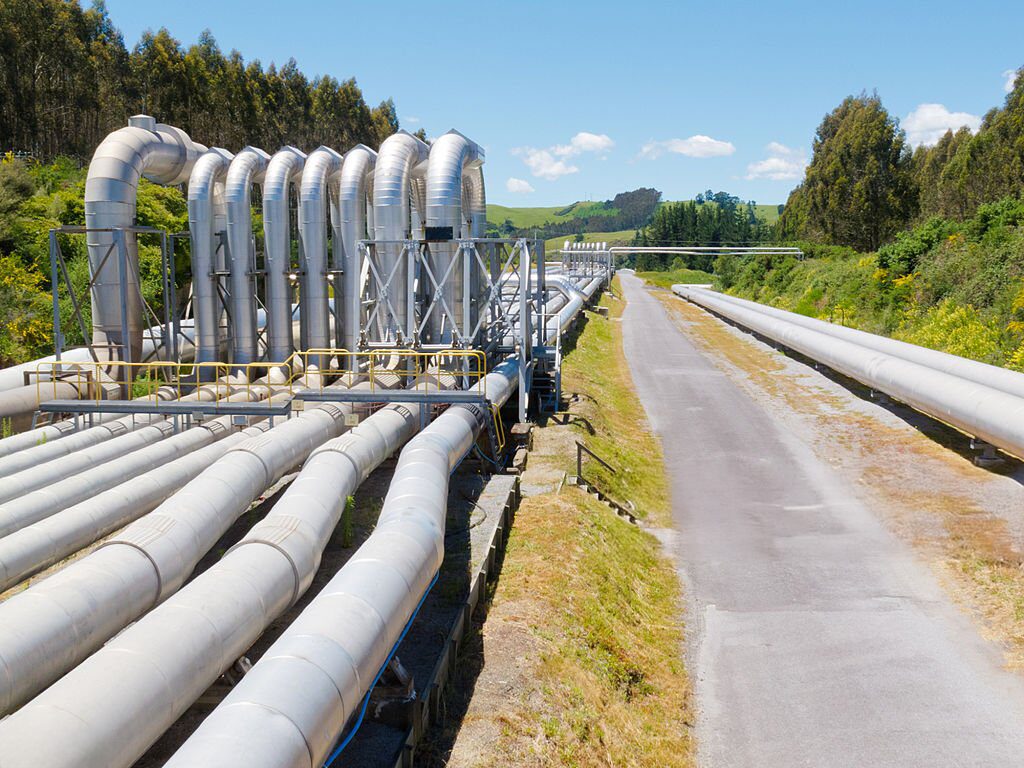
The What, Why and How of Distribution Integrity Management Programs (DIMP)
May 12, 2025
Around the world, resiliency matters more than ever for utilities. Consider this—In 2024, the U.S. experienced 27 separate billion-dollar weather and climate disasters, the second-highest number on record.

Budgeting to Quality: Construction Project Mistakes & How to Fix Them
April 9, 2025
Managing a construction project is a challenging job that involves careful planning, coordination and problem-solving. Small mistakes cause delays, increase costs, or create safety issues. Learn more about how to avoid some of the most common mistakes in construction management so your projects stay on track and within budget.
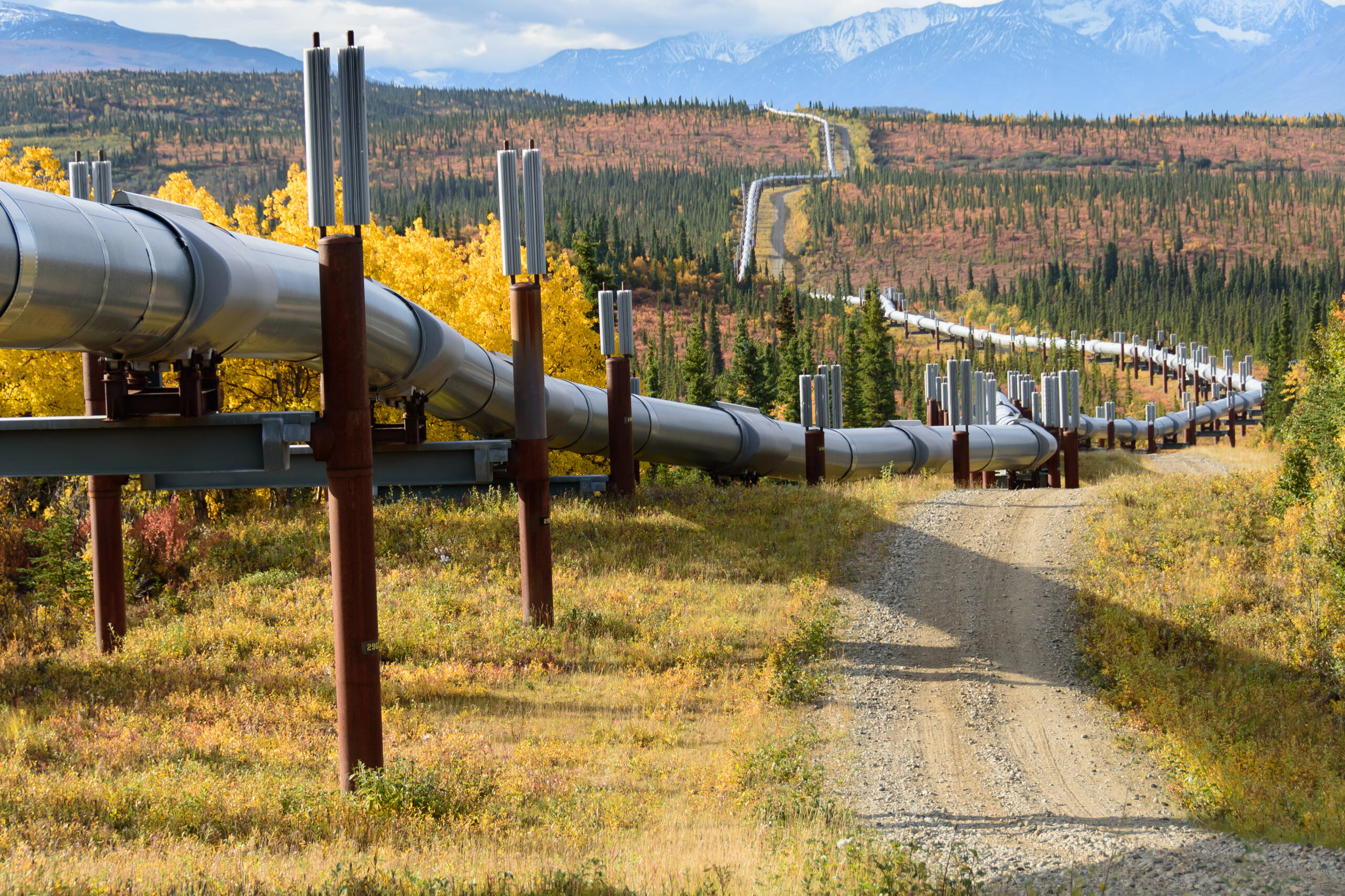
PHMSA Bulletin Outlines New Safety Management Advice
March 28, 2025
Cybersecurity threats to the Bulk Electric System (BES) are escalating, with attackers continuously evolving their tactics to target critical infrastructure.

The Power of Precision: Quality Control Tactics for Utility Construction Success
February 14, 2025
In today’s digital age, data centers form the backbone of cloud computing, artificial intelligence and the vast array of digital services we rely on daily. As the demand for data centers rises, companies are racing to expand these facilities.
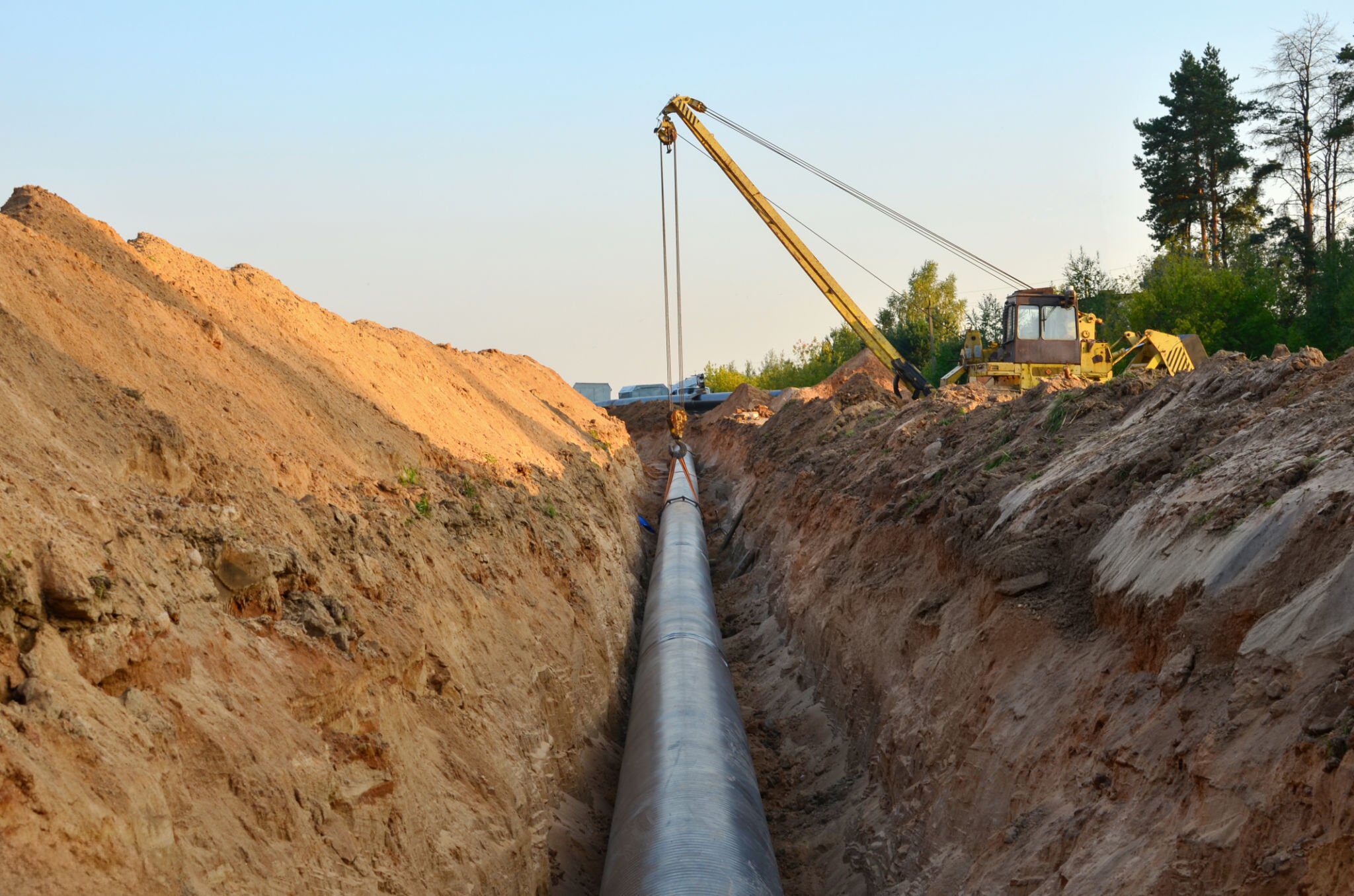
Enhancing Pipeline Integrity: HVAC/DC Interference Studies and Electromagnetic Fields (EMF) Analysis
January 15, 2025
The increasing presence of HVAC/DC transmission lines in modern power infrastructure has raised concerns about their impact on pipeline integrity. These systems, often co-located within shared corridors, generate electromagnetic fields (EMF) that introduce significant risks such as accelerated corrosion, equipment failures and safety hazards. Addressing HVAC/DC interference is now essential for ensuring long-term pipeline reliability and personnel safety.

The Importance of Effective Construction Management in Data Centers
January 7, 2025
In today’s digital age, data centers form the backbone of cloud computing, artificial intelligence and the vast array of digital services we rely on daily. As the demand for data centers rises, companies are racing to expand these facilities.
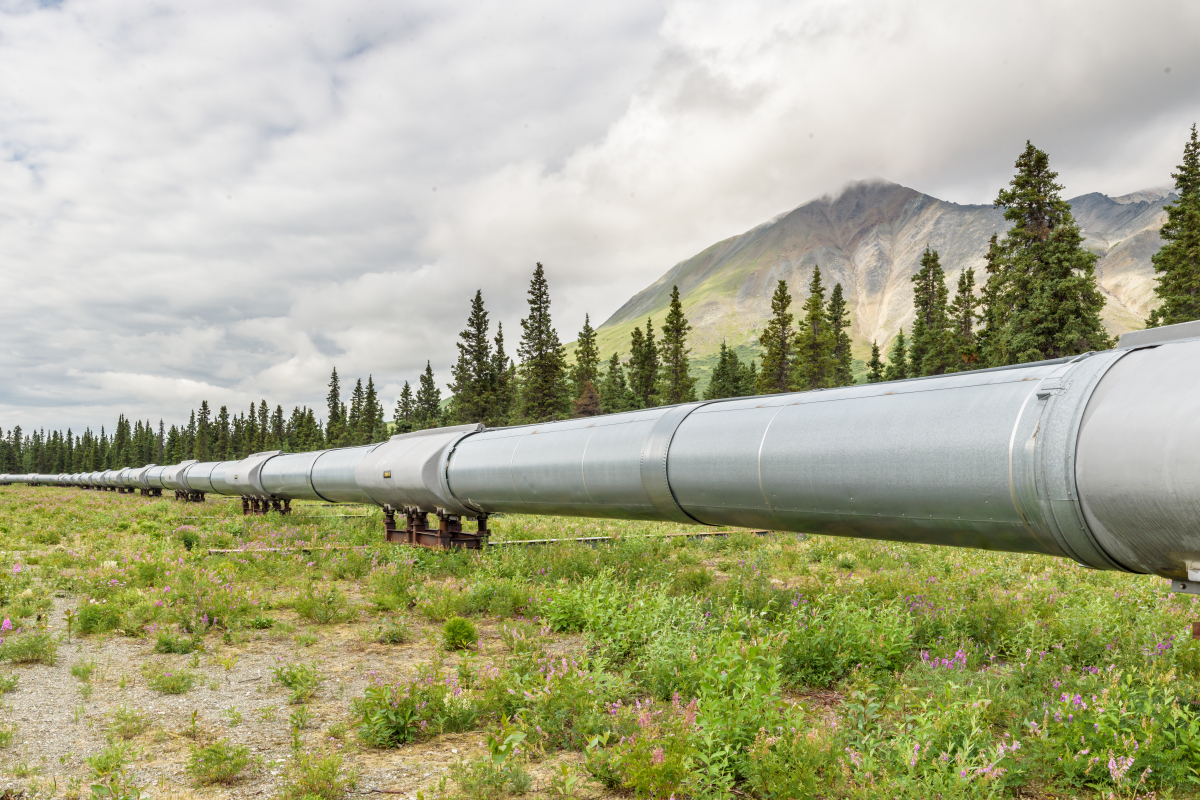
Understanding Engineering Critical Assessment: A Guide to Pipeline Integrity
October 4, 2024
Ensuring pipeline integrity in industries such as oil, gas and water transport is essential. One key tool used to assess and maintain the health of pipelines is the Engineering Critical Assessment (ECA).
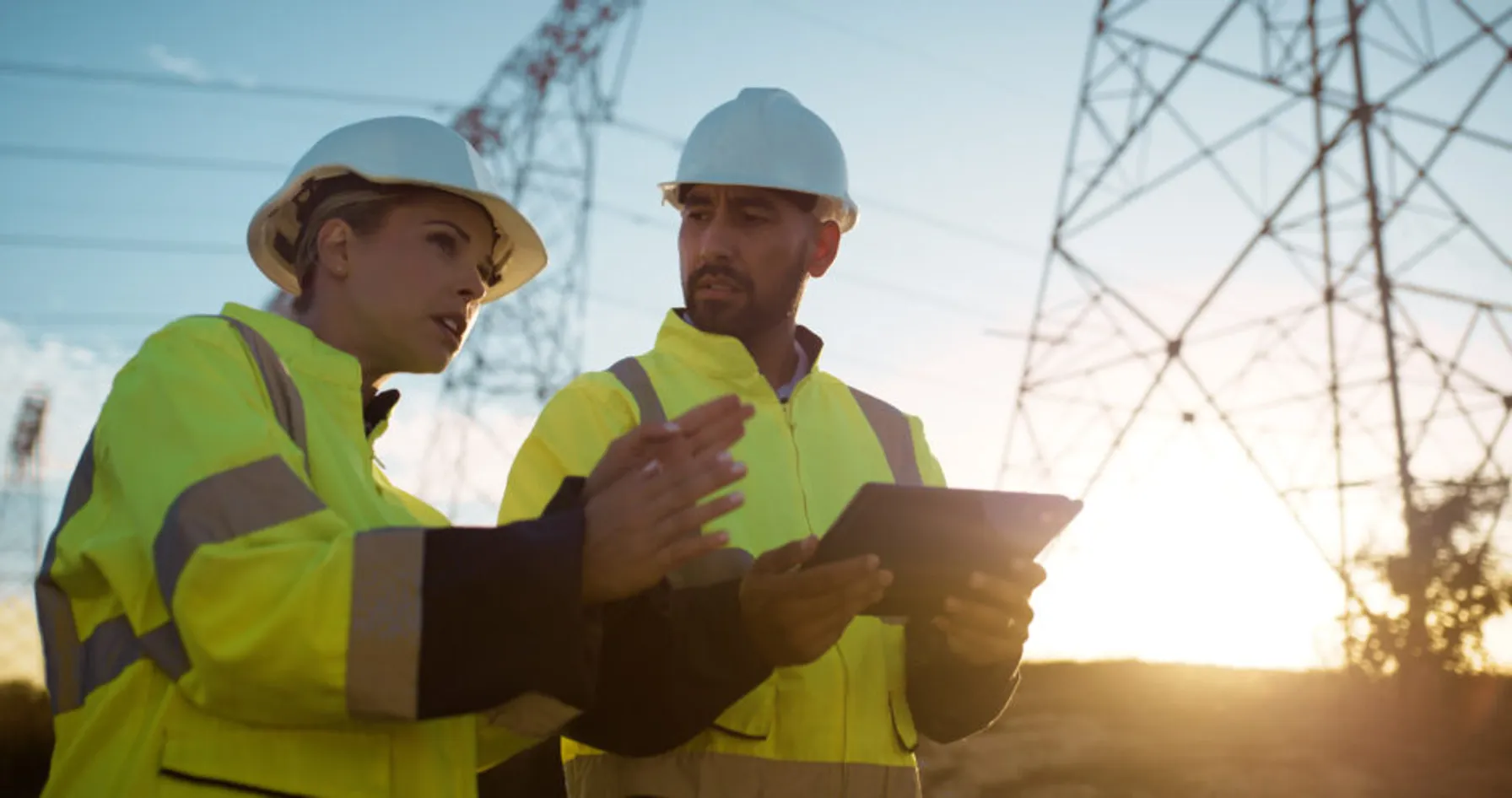
Planning for Construction Project Success: Common Challenges and How to Overcome Them
September 19, 2024
Construction project planning and scheduling are critical but complex processes that can lead to delays, cost overruns and quality issues. Success requires proper stakeholder communication, resource management, safety prioritization, regulatory compliance and innovative tools and techniques throughout the project’s life, from start to completion.
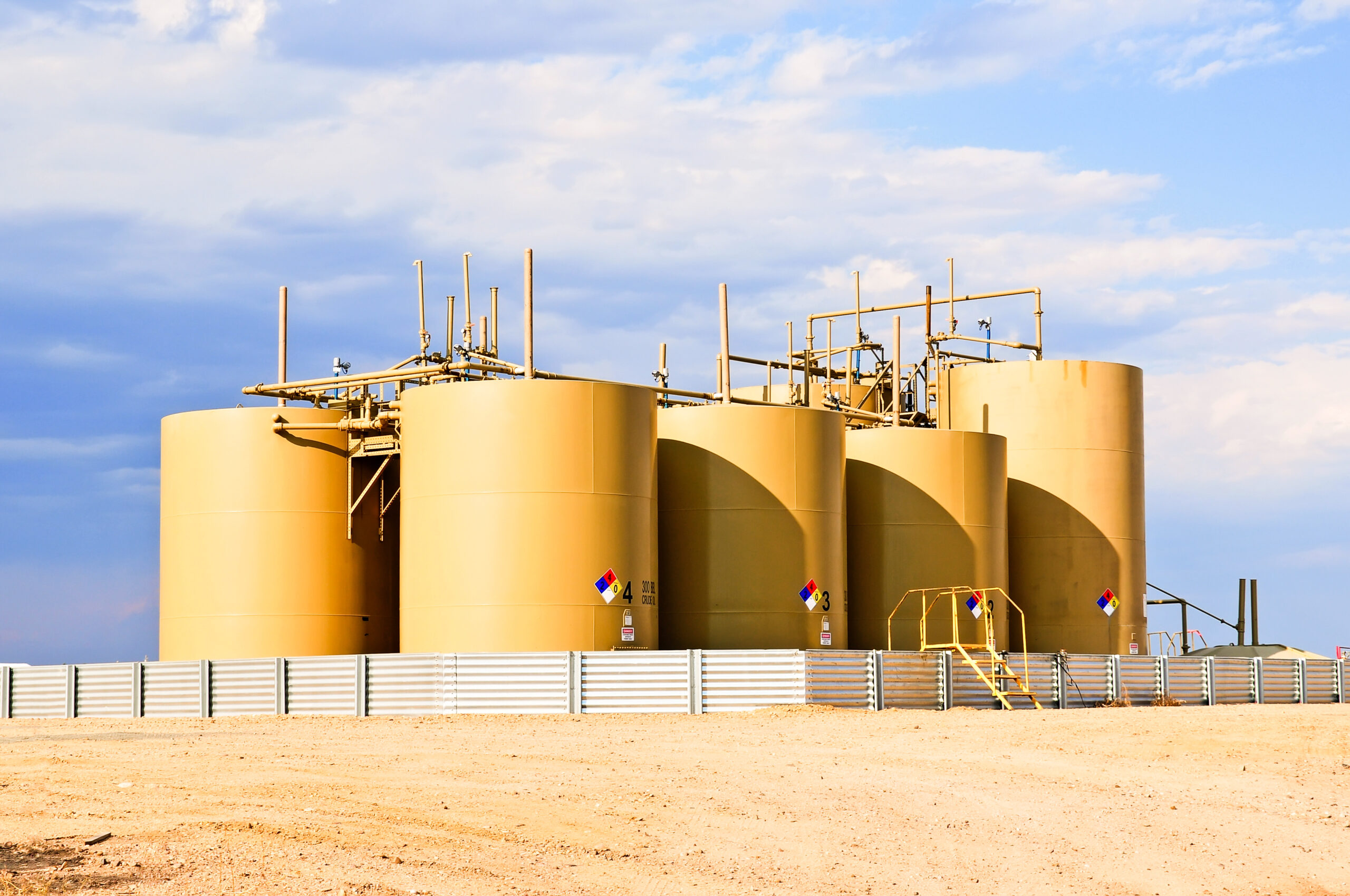
EPA Issues Regulations for Oil and Natural Gas Sector Tank Emissions
April 30, 2024
Storage Vessel or Tank Battery Operators Must Reduce Emissions by 95%.
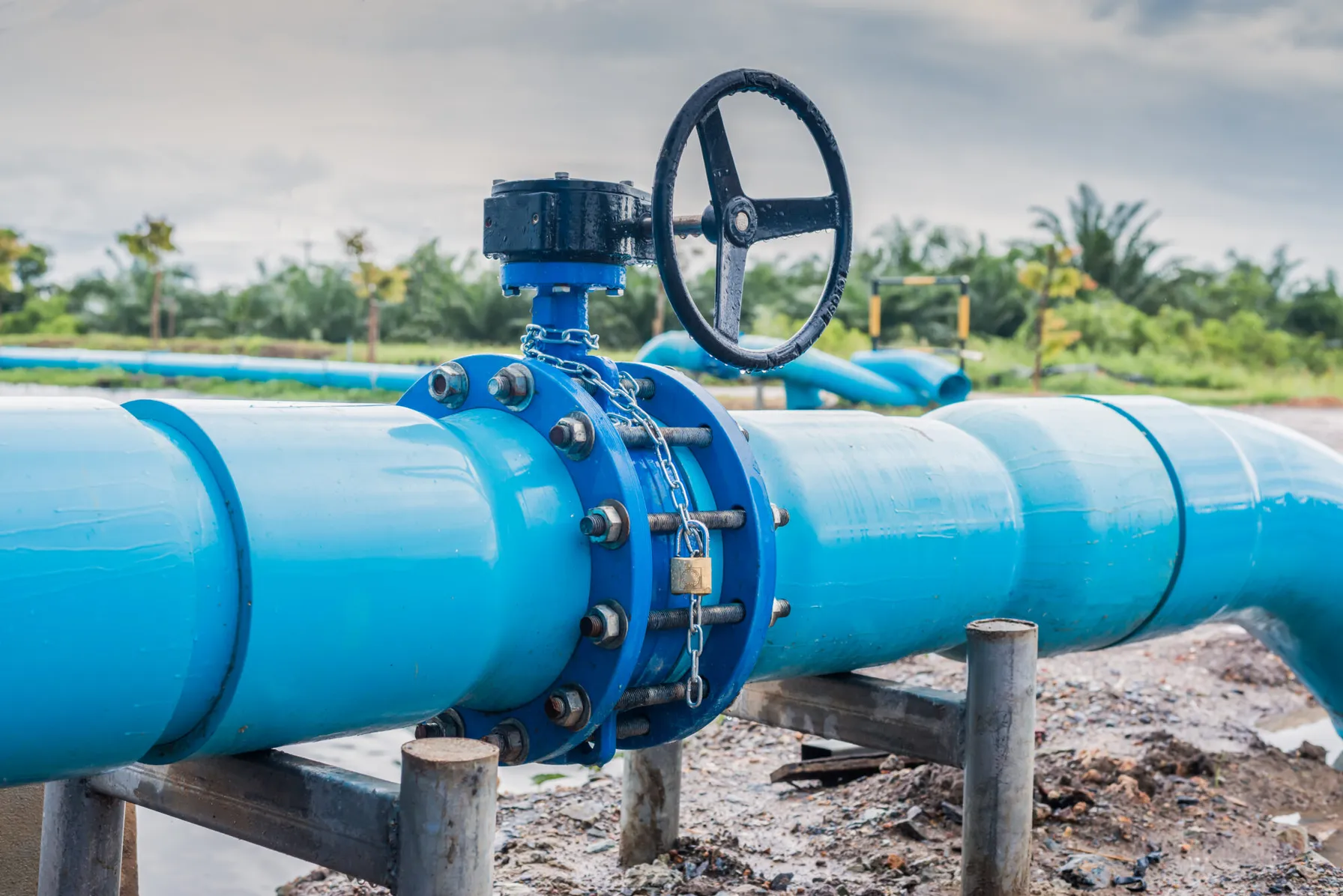
PHMSA Gas Transmission RIN2 Rule Now Effective
July 24, 2023
TRC summarizes the revised or added sections of RIN2.
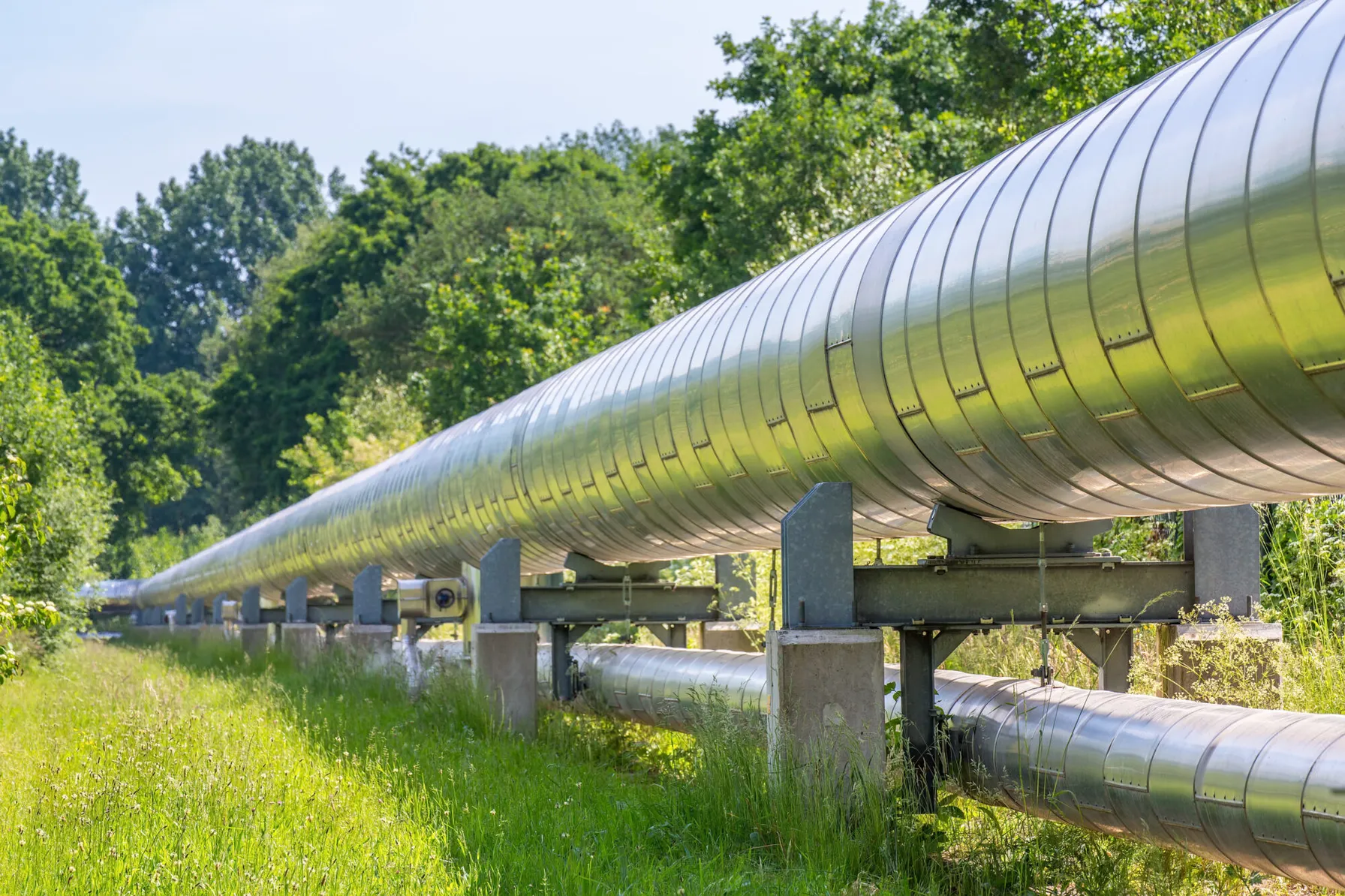
PHMSA Releases Proposed Rulemaking for Pipeline Safety and Gas Pipeline Leak Detection and Repair
June 15, 2023
TRC explains the Proposed Rulemaking for Pipeline Safety and Gas Pipeline Leak Detection and Repair
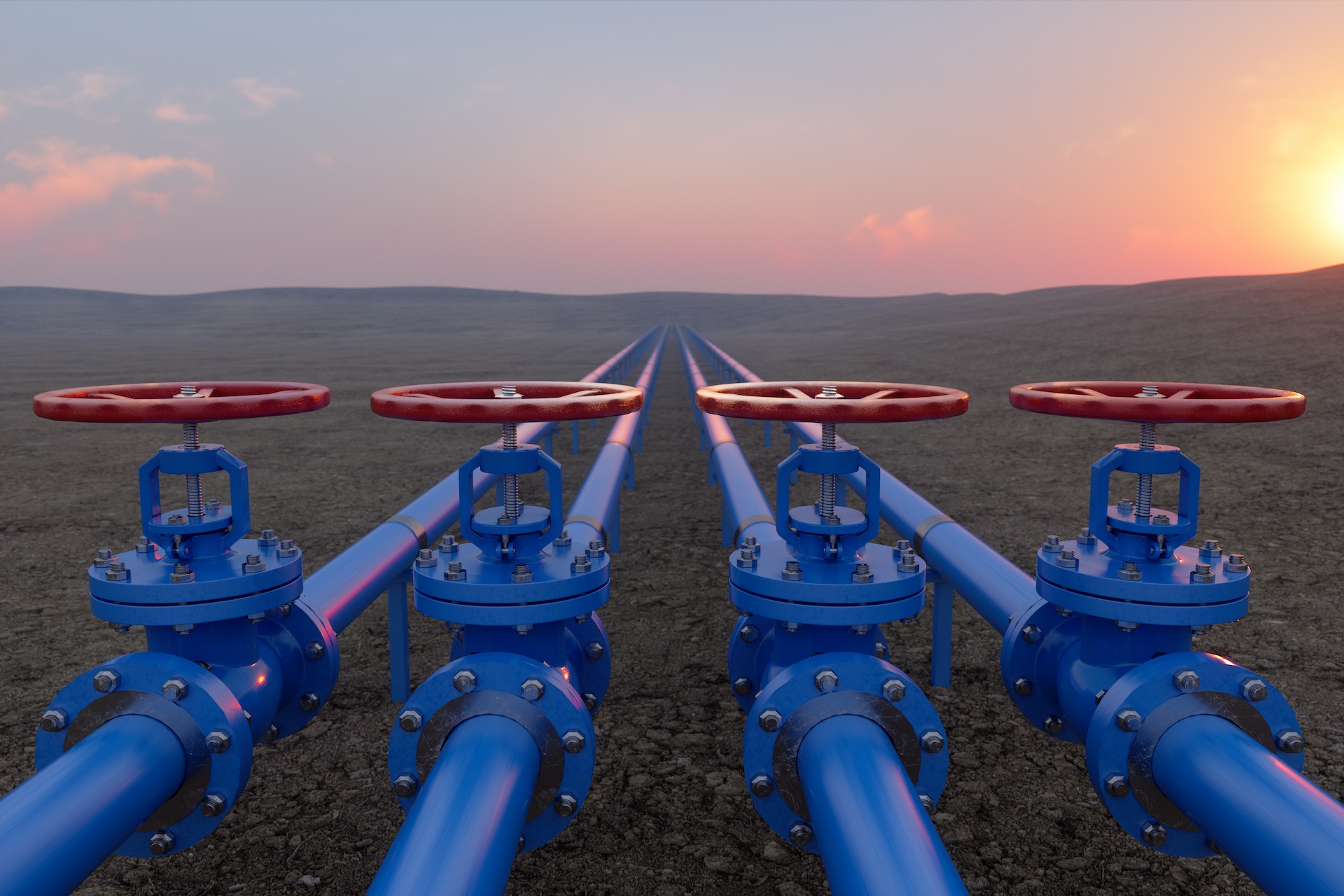
PHMSA Issues Gas Gathering Final Rule Summary & Requirements
November 30, 2021
PHMSA announced that they issued a final rule that significantly expands Federal pipeline safety oversight to all onshore gas gathering pipelines.
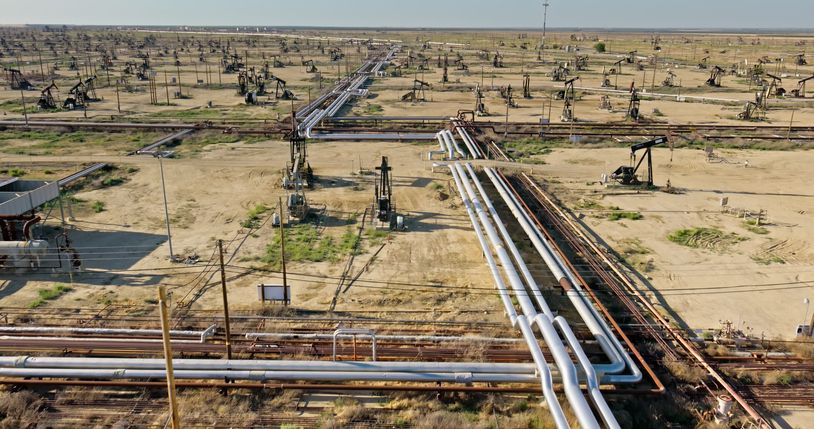
PHMSA Protecting our Infrastructure of Pipelines and Enhancing Safety (PIPES) Act of 2020
June 11, 2021
PHMSA announced it has submitted an advisory bulletin underscoring to pipeline and pipeline facility operators requirements to minimize methane emissions.
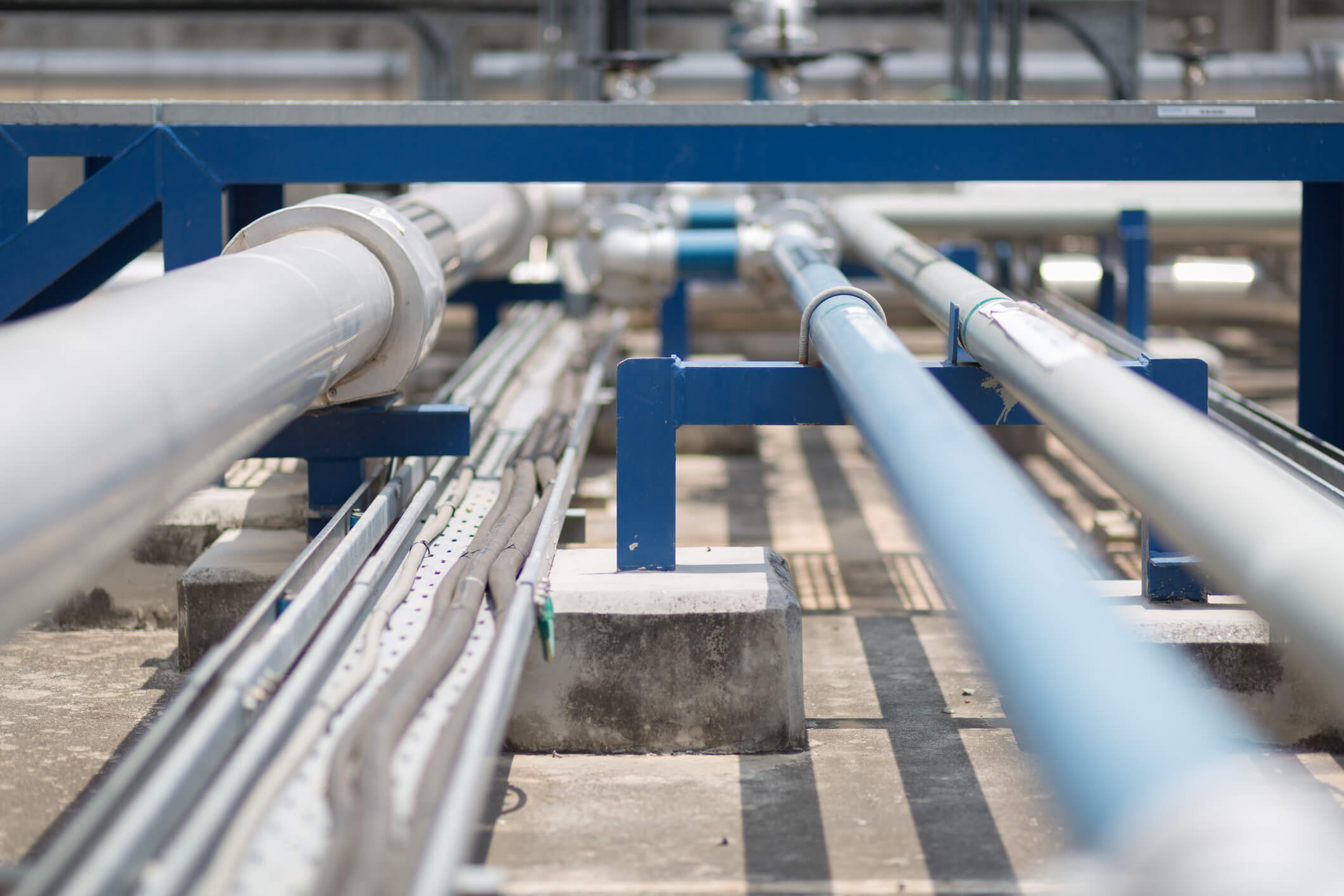
DHS Announces New Cybersecurity Requirements for Critical Pipeline Owners and Operators
June 3, 2021
The Security Directive will require critical pipeline owners and operators to report confirmed and potential cybersecurity incidents.
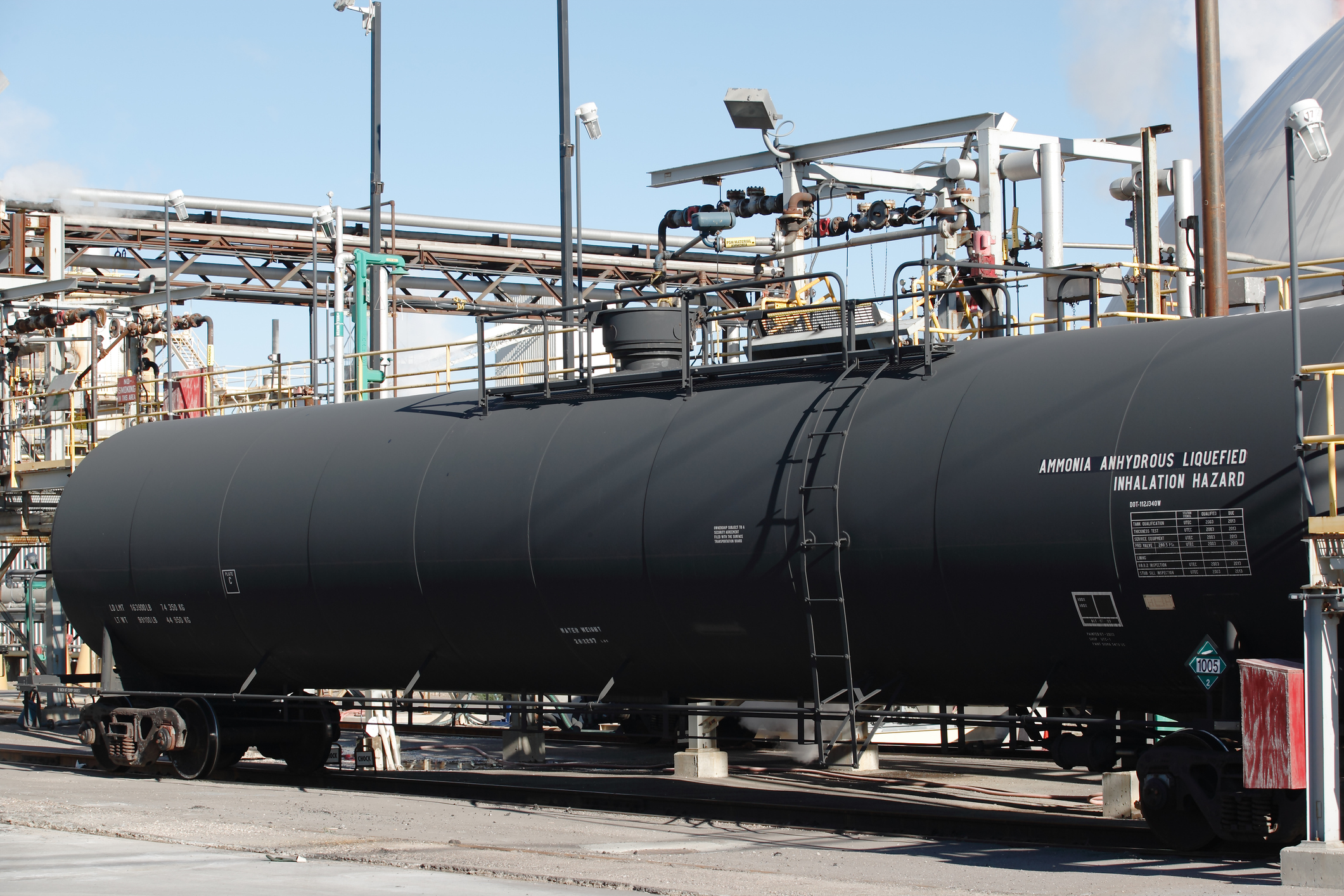
Environmental Compliance Key for Transloading Success
February 24, 2021
Transloading projects that support the transfer of oil from truck to rail and vice versa are an increasing growth opportunity for the rail industry. However, since transfer requires the handling of the goods, transloading can be expensive, and the risk of damage and spills is high.
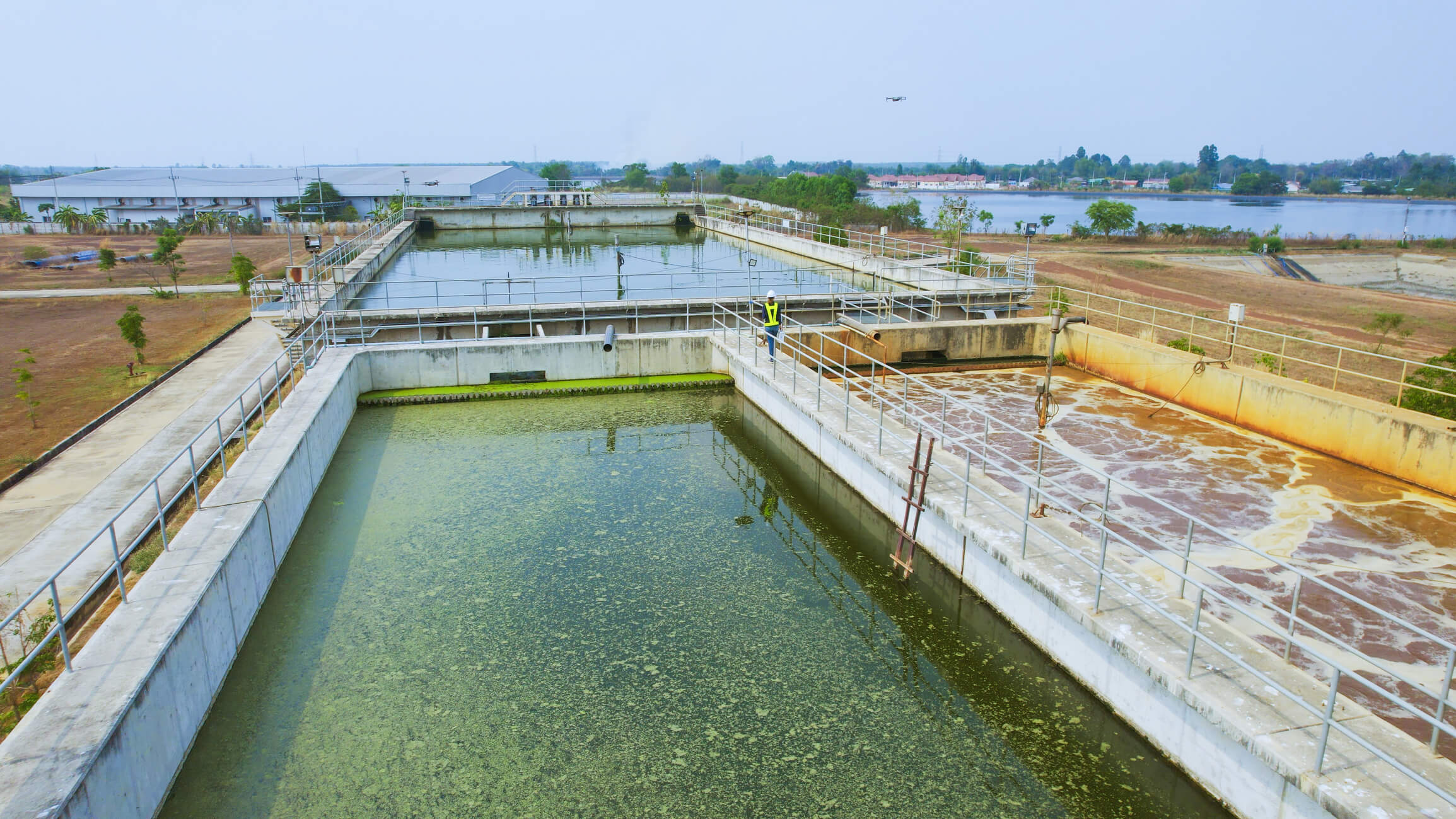
TCEQ to Assume Oil and Gas Wastewater Permitting from RRC
January 11, 2021
Historically, the Railroad Commission of Texas has been responsible for wastewater permitting of upstream oil and gas facilities under a Memorandum of Understanding with the Texas Commission on Environmental Quality.

Integrity Dig Integrated Services
August 4, 2020
Our Integrity Engineers, Surveyors, Right-of-Way Experts and Environmental Scientists are well-versed in all phases of integrity dig programs from preparing the pipeline for a tool run, interpreting results, verifying proper repair procedures and obtaining federal and state environmental approvals. Our team includes former pipeline operators, survey experts, PHMSA and environmental regulators and trainers. We developed the current ILI training curriculum for PHMSA’s training program.

INGAA Foundation Interview with Lauren O’Donnell
June 22, 2020
TRC’s own Lauren O’Donnell is currently the elected Chair of the INGAA Foundation. The Foundation’s primary activity is to sponsor research aimed at promoting natural gas use and safe, efficient pipeline construction and operation.
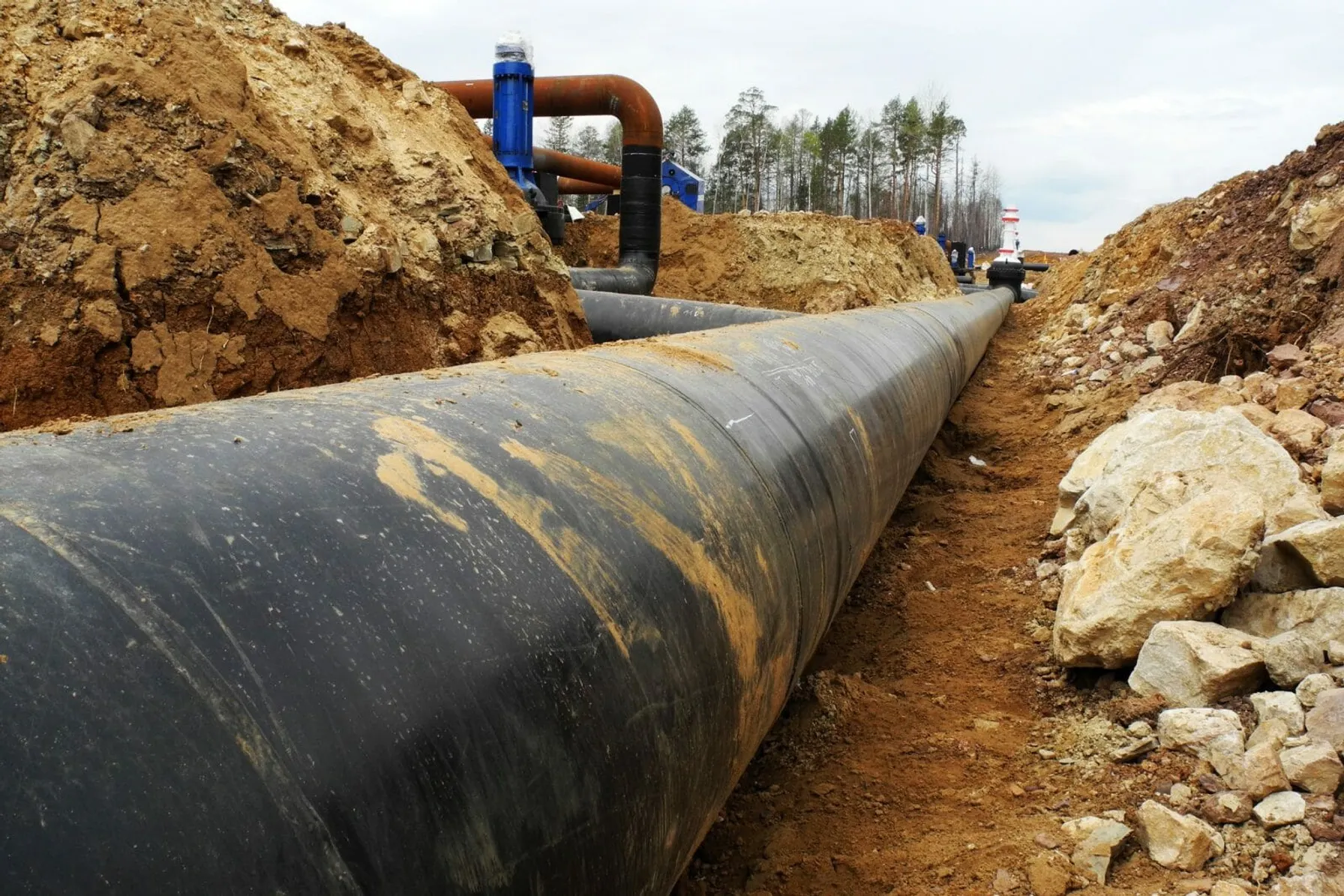
Targeting Perfection in the Construction and Operation of Pipelines
October 18, 2019
To have an impact on the delivery or operation of a pipeline, it’s vital to eliminate the intra- and inter-company barriers, including those in the areas of communications, culture and technology.
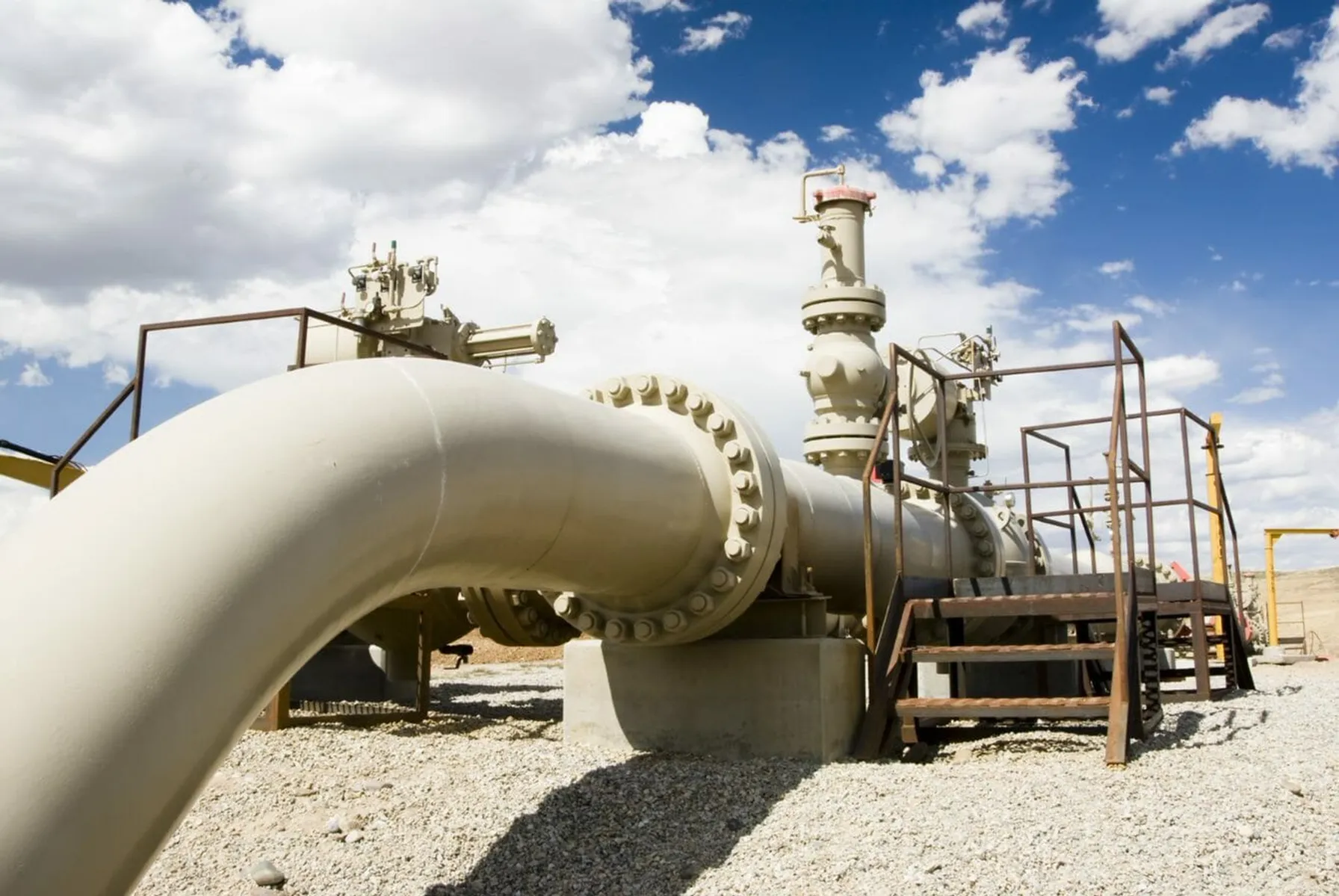
PHMSA Publishes New Rules to Increase the Safety of Hazardous Liquid Pipelines and Gas Transmission Pipelines
September 25, 2019
The Pipeline and Hazardous Materials Safety Administration this week published important new rules aimed at improving pipeline safety.

Improve Data Quality and Reduce Costs with Accurate Field Capture
July 16, 2025
Discover how Lemur mobile mapping empowers utilities to improve data quality, streamline field operations and reduce costs. Lemur provides a unified, intuitive mobile solution that works online and offline, ensuring compliance and real-time decision-making.
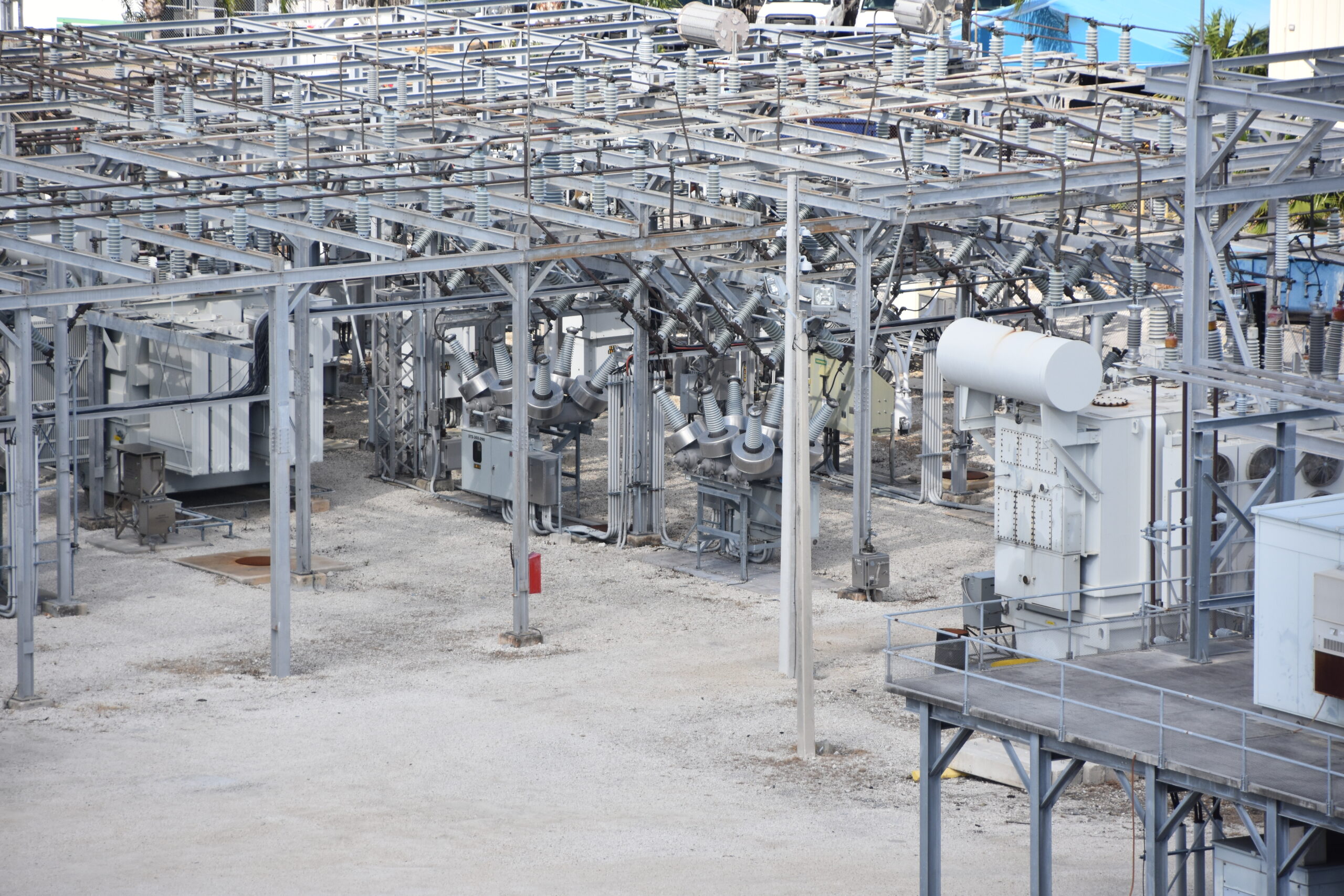
The Transformative Benefits of 3D Facility Mapping for Utilities
June 26, 2025
Discover how modern 3D facility mapping empowers utilities to modernize infrastructure, improve asset management, and enable remote workflows with accurate digital twins, delivering cost savings and operational efficiency.

Exceed Compliance Demands and Improve Leak Survey & Management with Mobile Asset Mapping
April 30, 2025
Leak detection and management is one of the most critical functions for utility companies managing gas infrastructure. As regulatory pressure mounts and public expectations shift, utility operators face a new era where legacy leak survey workflows are struggling to keep up

EPA Issues Regulations for Oil and Natural Gas Sector Tank Emissions
April 30, 2024
Storage Vessel or Tank Battery Operators Must Reduce Emissions by 95%.

PHMSA Gas Transmission RIN2 Rule Now Effective
July 24, 2023
TRC summarizes the revised or added sections of RIN2.

EPA Proposes Regulation of Green House Gas Emissions
July 10, 2023
This article highlights the EPA’s proposed rules to regulate greenhouse gas emissions from power plants and the potential impact on new and existing fossil fuel-fired facilities.
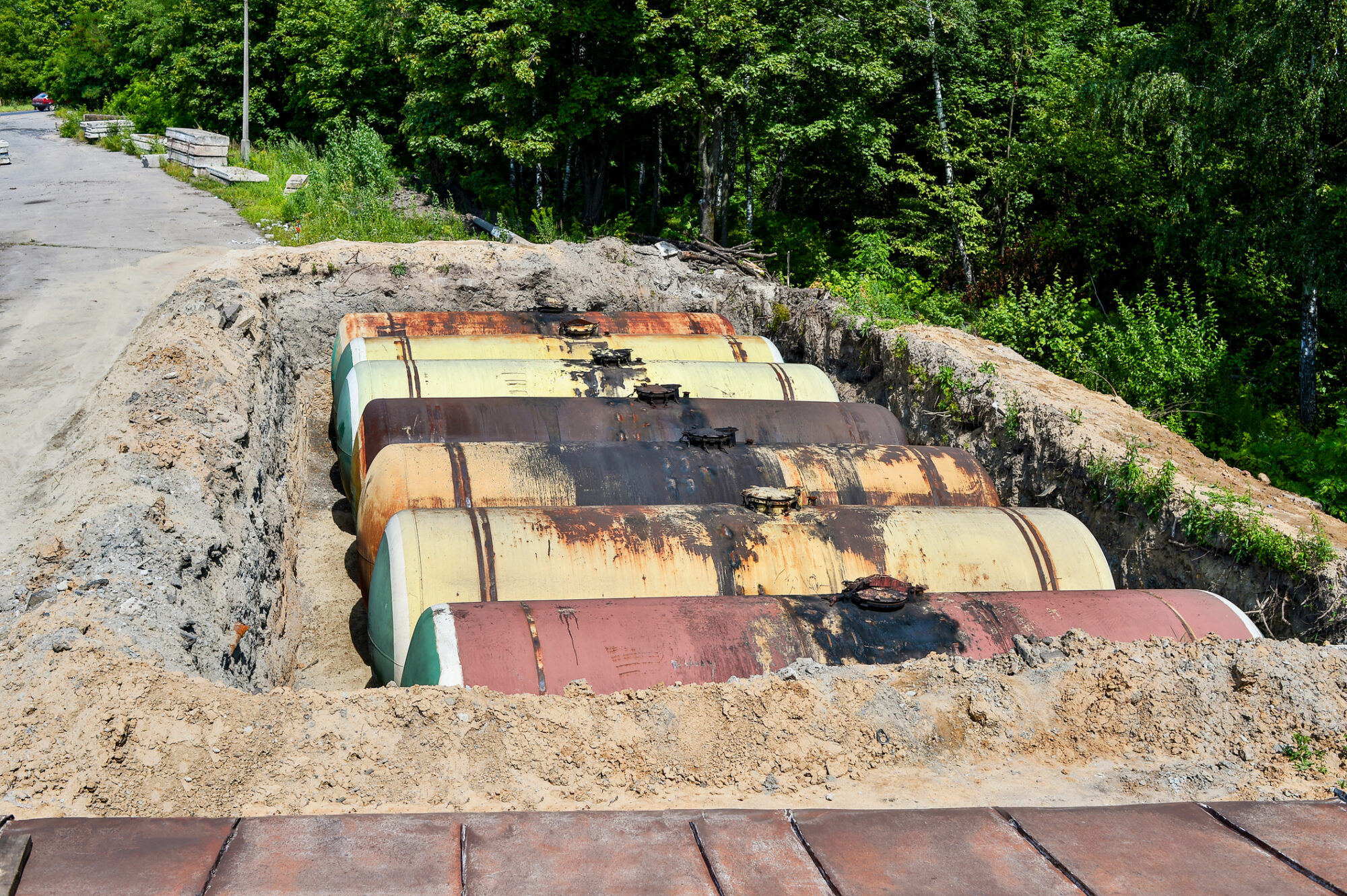
EPA Issues Clarification of Free Product Removal Requirements
June 20, 2023
EPA recently clarified requirements for LNAPL recovery and remediation.
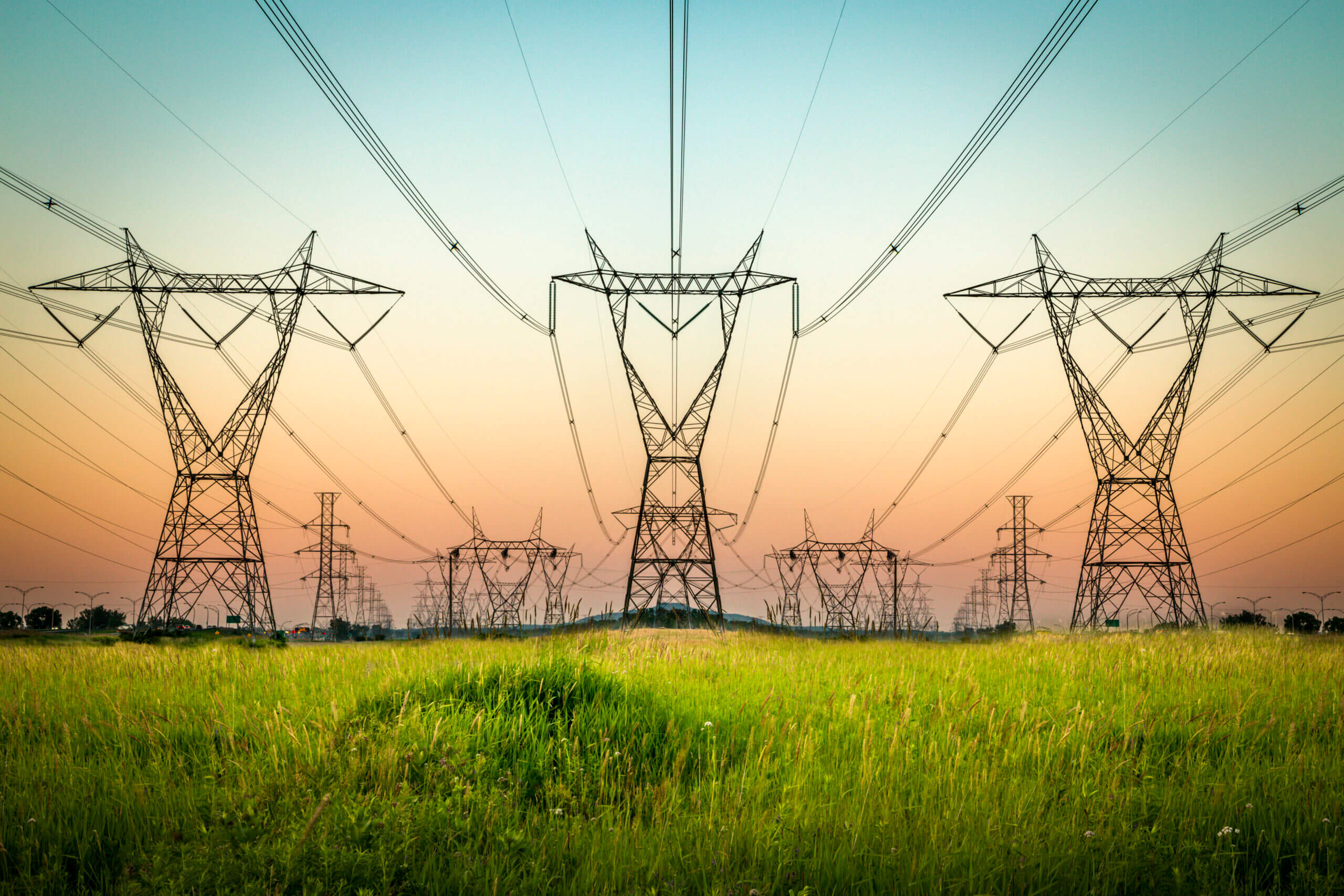
Modernize Your Field Services with GIS and Work Order Management Combined
June 15, 2023
The role of field service management continues to dominate the world economy, as the market grows at an exponential rate. The market was estimated at 3.2 billion in 2021 and is projected to reach 5.7 billion by the end of 2026.

PHMSA Issues Gas Gathering Final Rule Summary & Requirements
November 30, 2021
PHMSA announced that they issued a final rule that significantly expands Federal pipeline safety oversight to all onshore gas gathering pipelines.
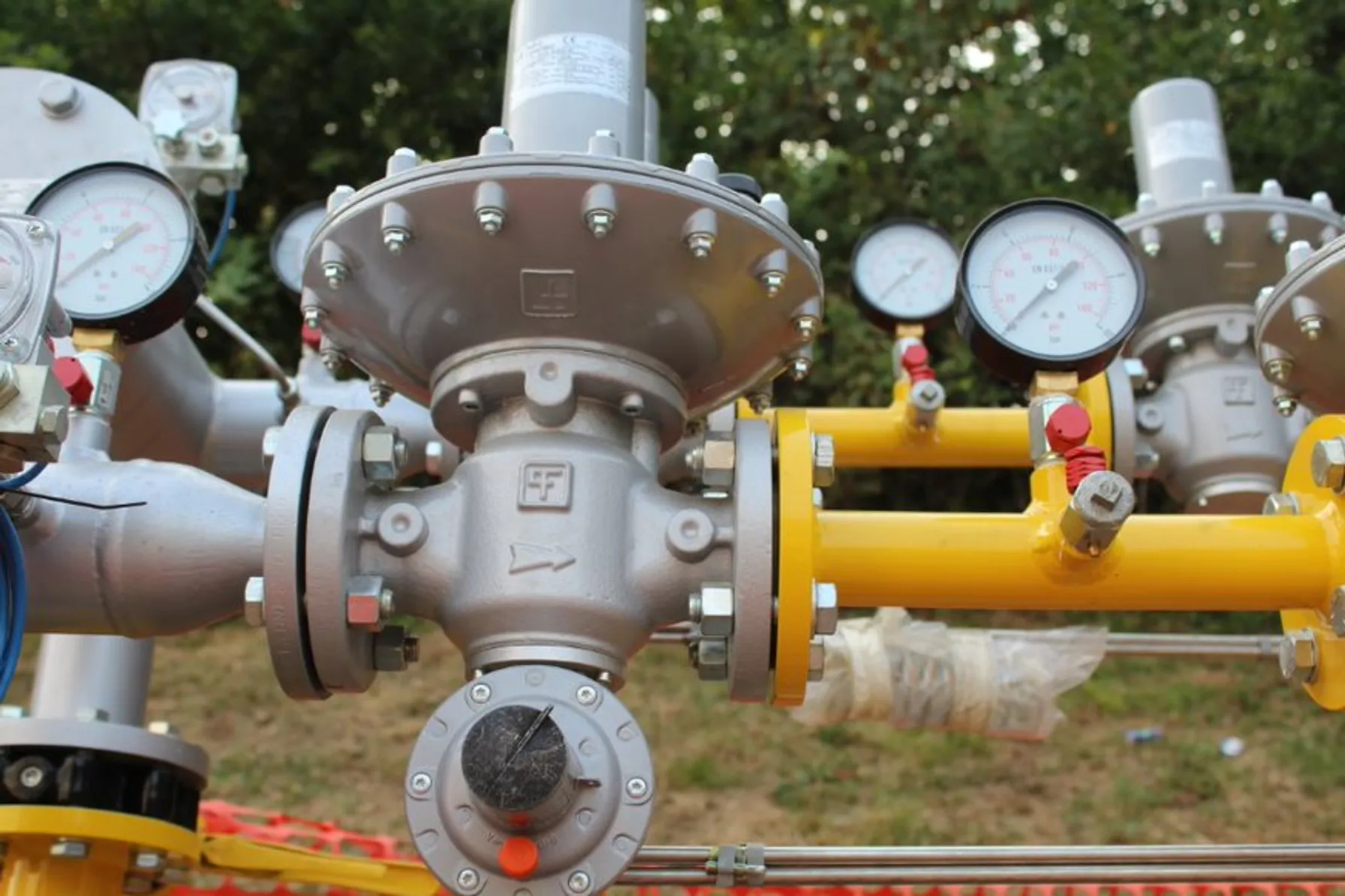
The Price of Natural Gas: Onward and Upward or Just a Temporary Blip?
November 12, 2021
Most industry experts agree that weather aside, the global energy and gas markets are likely to remain uncertain with supply and market demand becoming tighter and more challenging to forecast.
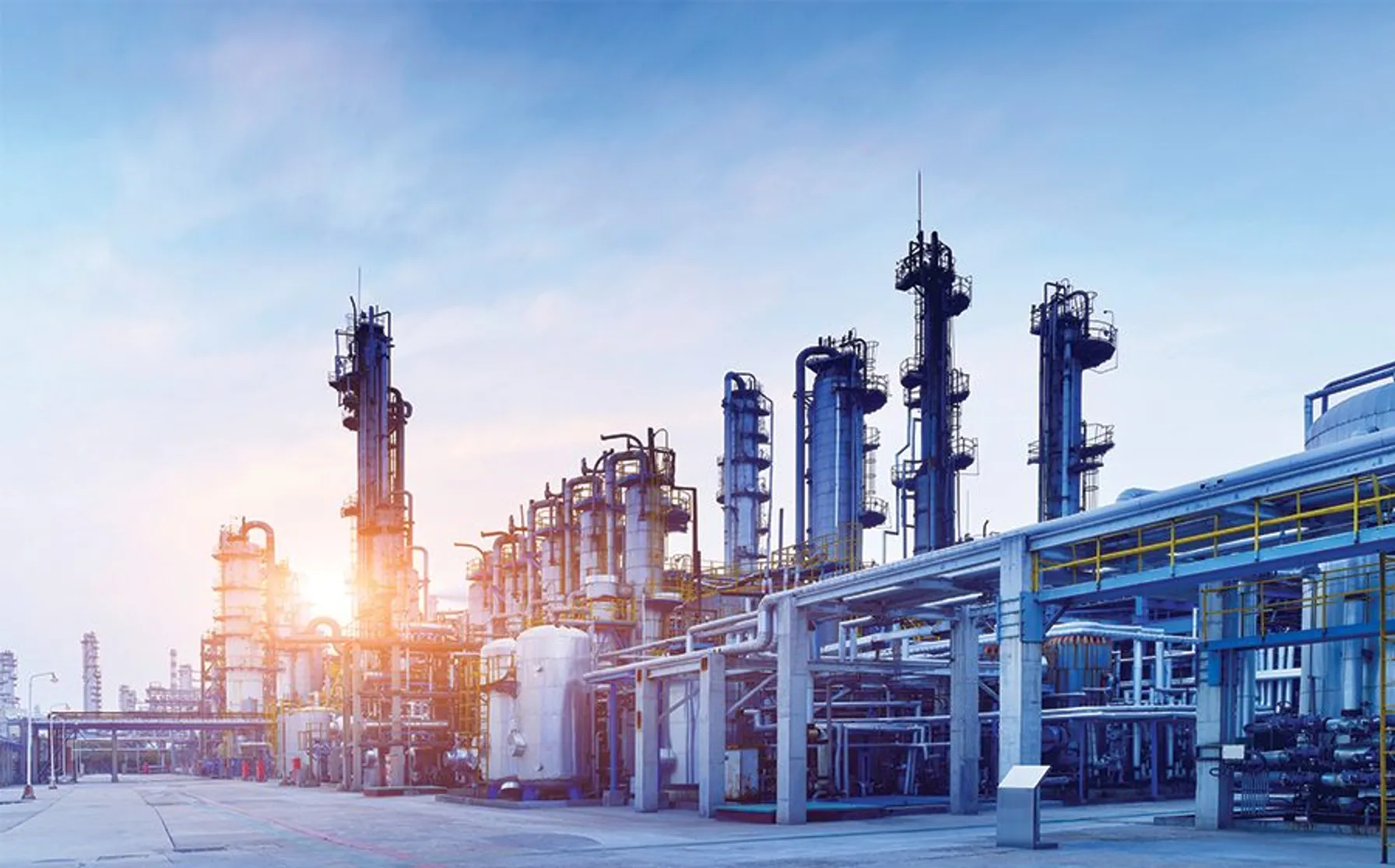
2021 EPA TRI Reporting Requirements for Natural Gas Processing Facilities
July 12, 2021
Indication EPA finalizing a rule to add natural gas extraction or processing plants to EPCRA Toxics Release Inventory (TRI) reporting.

PHMSA Protecting our Infrastructure of Pipelines and Enhancing Safety (PIPES) Act of 2020
June 11, 2021
PHMSA announced it has submitted an advisory bulletin underscoring to pipeline and pipeline facility operators requirements to minimize methane emissions.

DHS Announces New Cybersecurity Requirements for Critical Pipeline Owners and Operators
June 3, 2021
The Security Directive will require critical pipeline owners and operators to report confirmed and potential cybersecurity incidents.

TCEQ to Assume Oil and Gas Wastewater Permitting from RRC
January 11, 2021
Historically, the Railroad Commission of Texas has been responsible for wastewater permitting of upstream oil and gas facilities under a Memorandum of Understanding with the Texas Commission on Environmental Quality.

INGAA Foundation Interview with Lauren O’Donnell
June 22, 2020
TRC’s own Lauren O’Donnell is currently the elected Chair of the INGAA Foundation. The Foundation’s primary activity is to sponsor research aimed at promoting natural gas use and safe, efficient pipeline construction and operation.
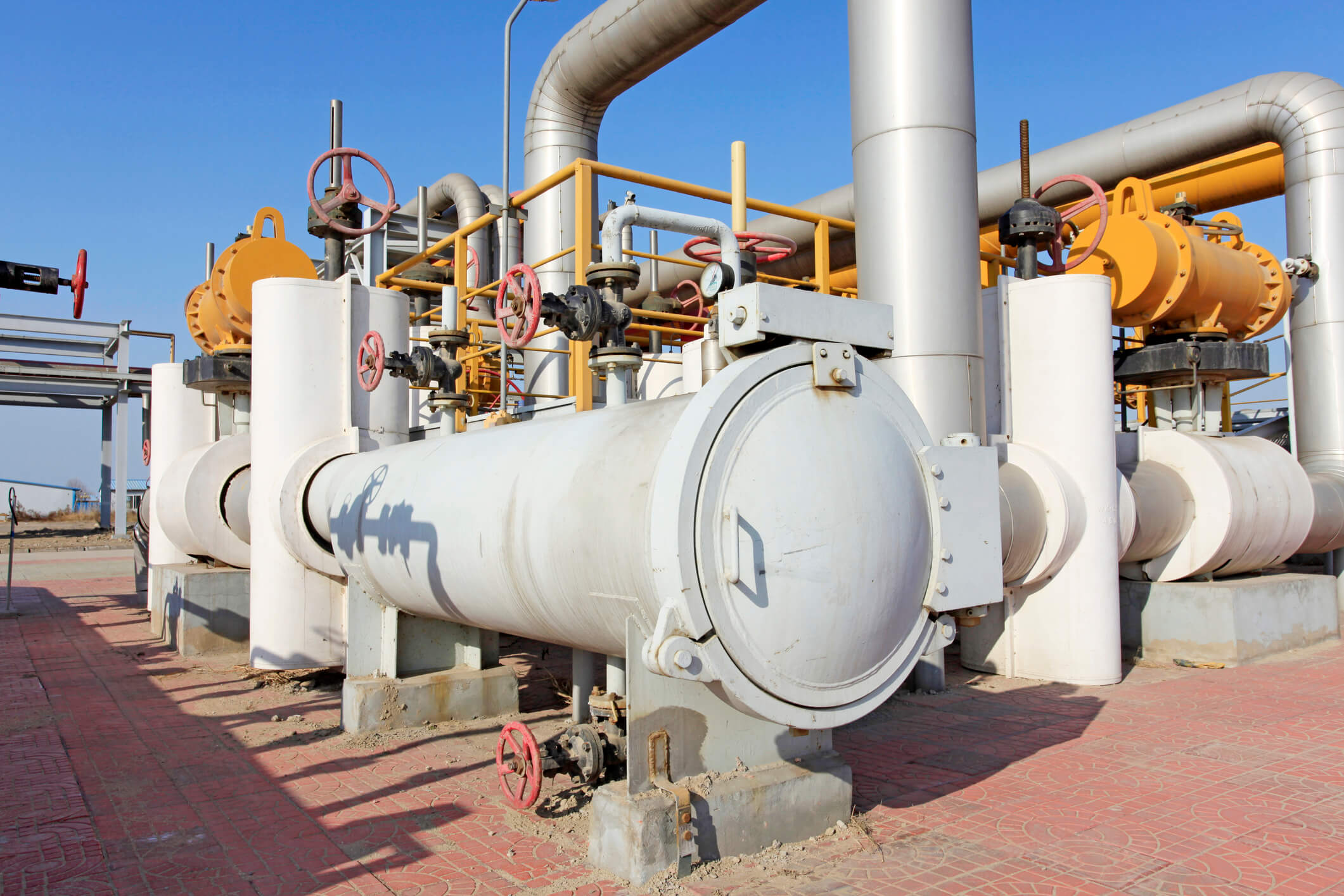
NERC Calls for New Approach to Reliability Planning Due to Gas Supply Disruption Risks
December 14, 2017
A recently published NERC report concludes that as reliance on natural gas to meet electric generation requirements increases, additional planning and operational measures must be considered to mitigate power system reliability risks.




